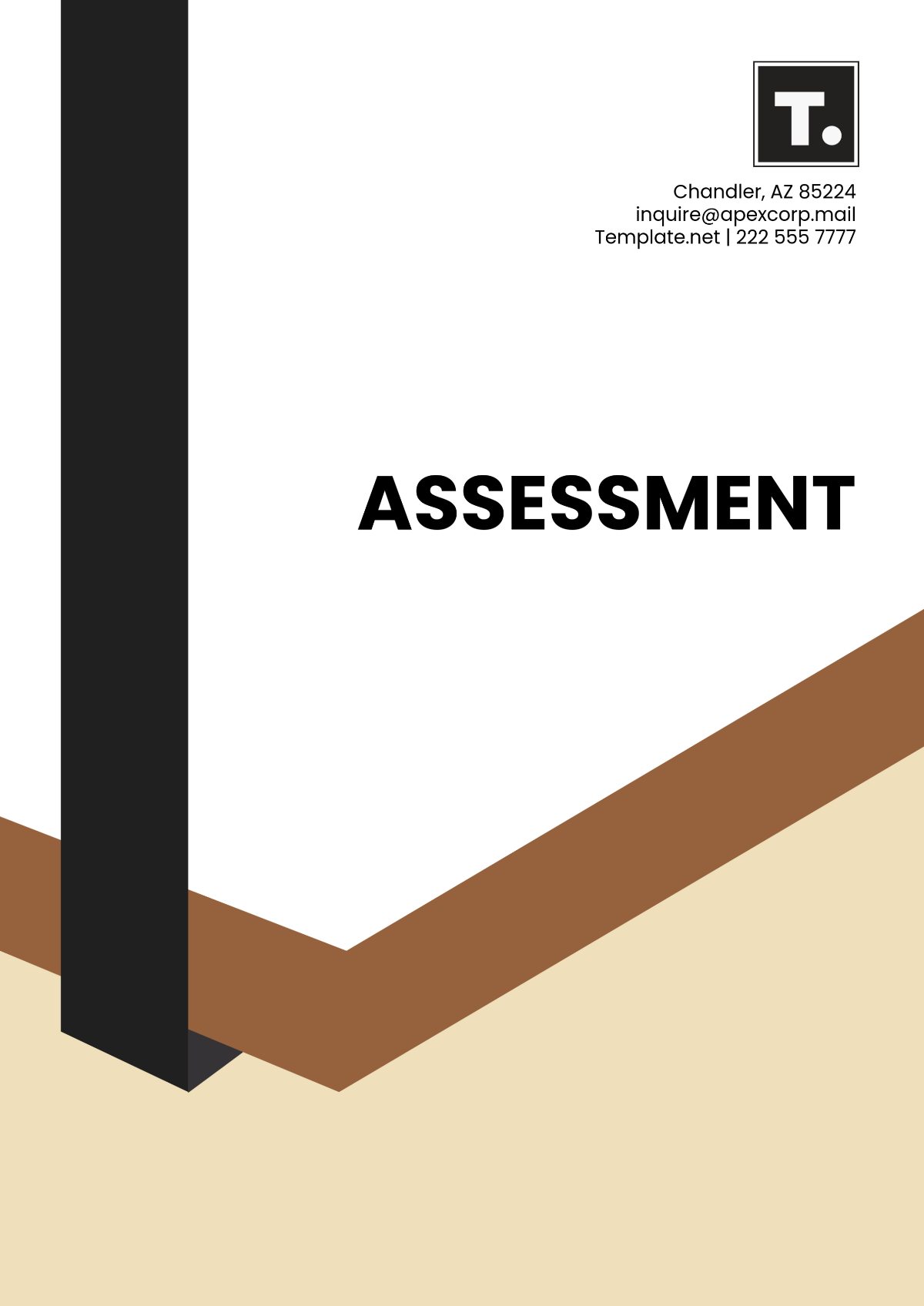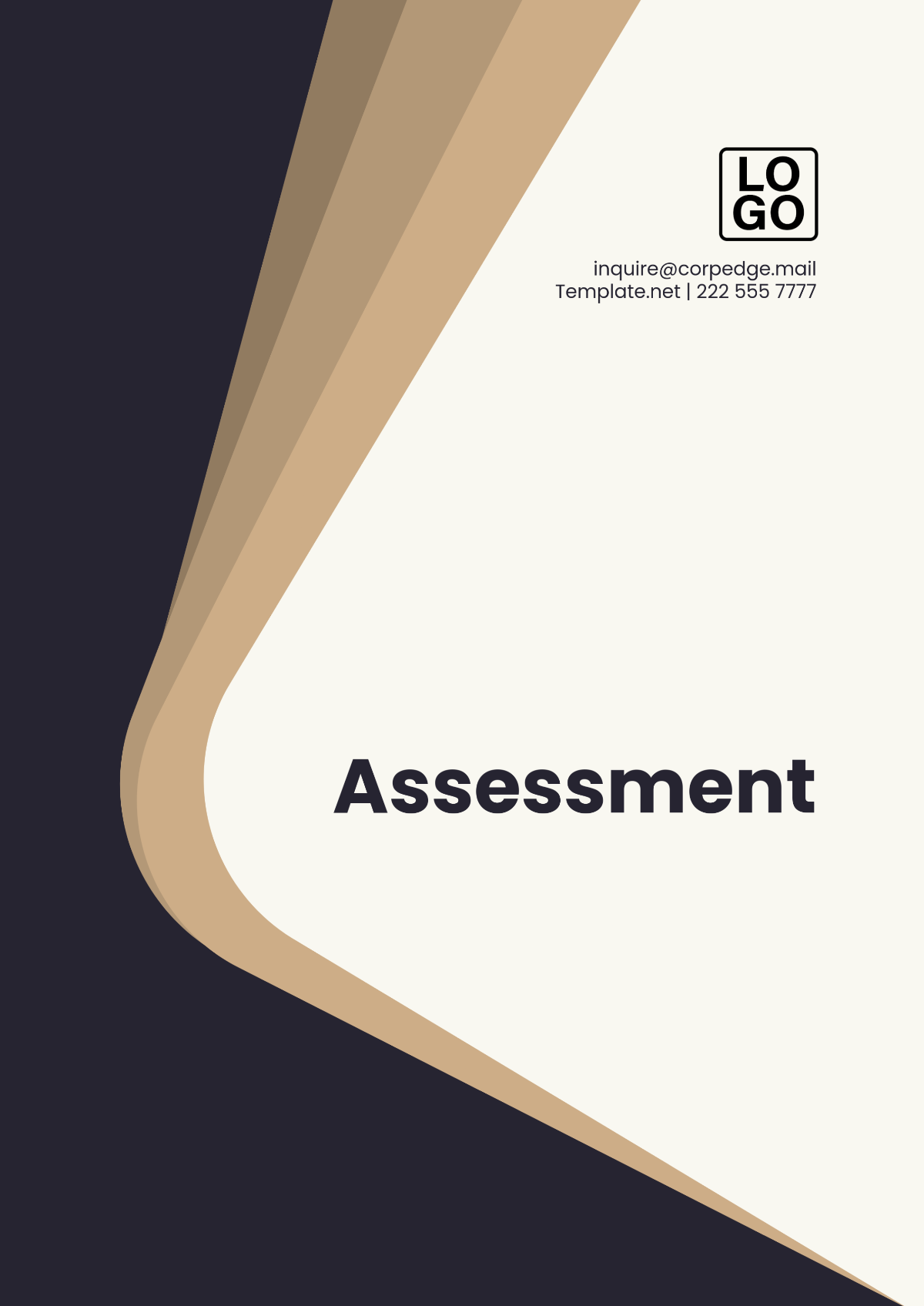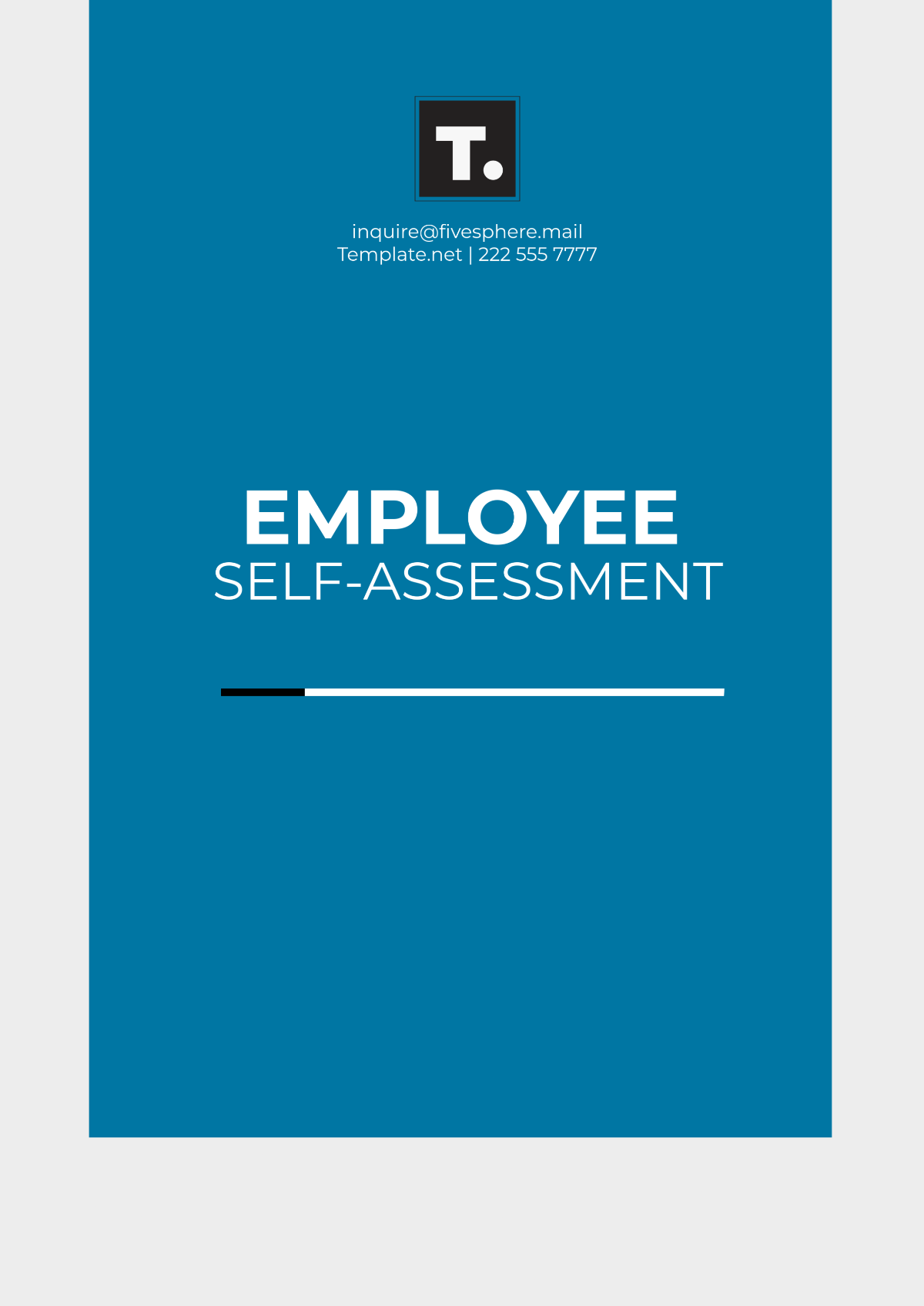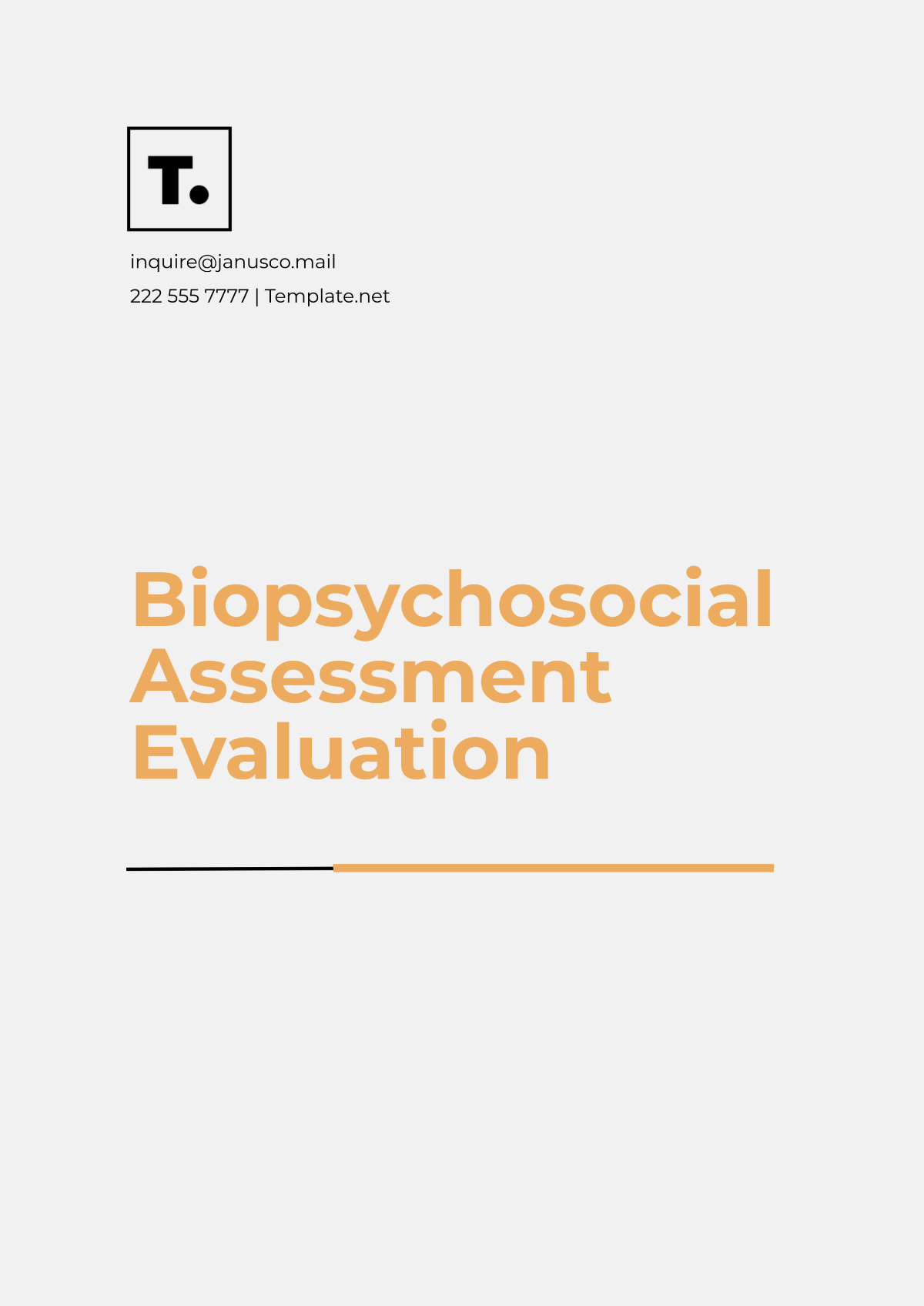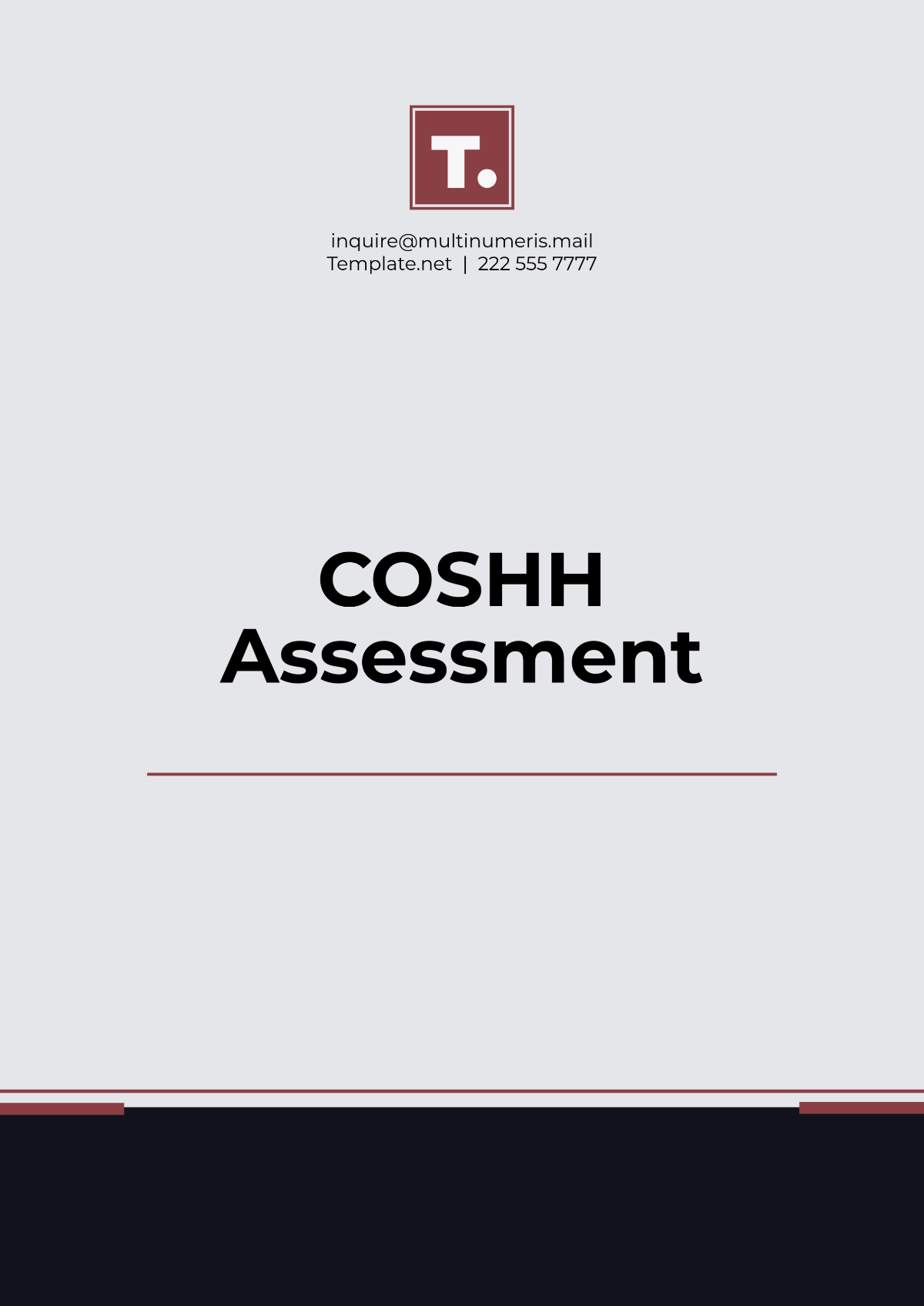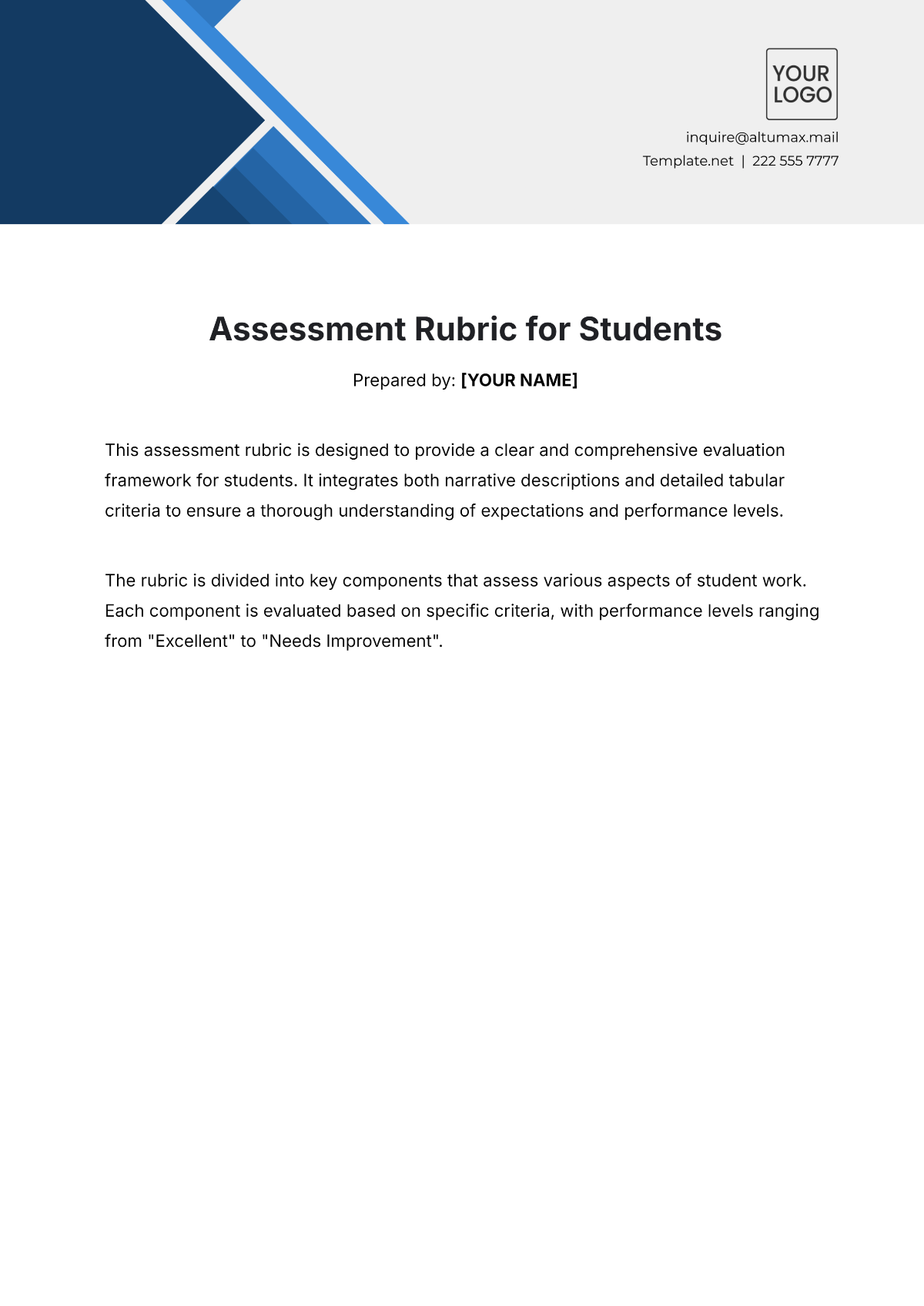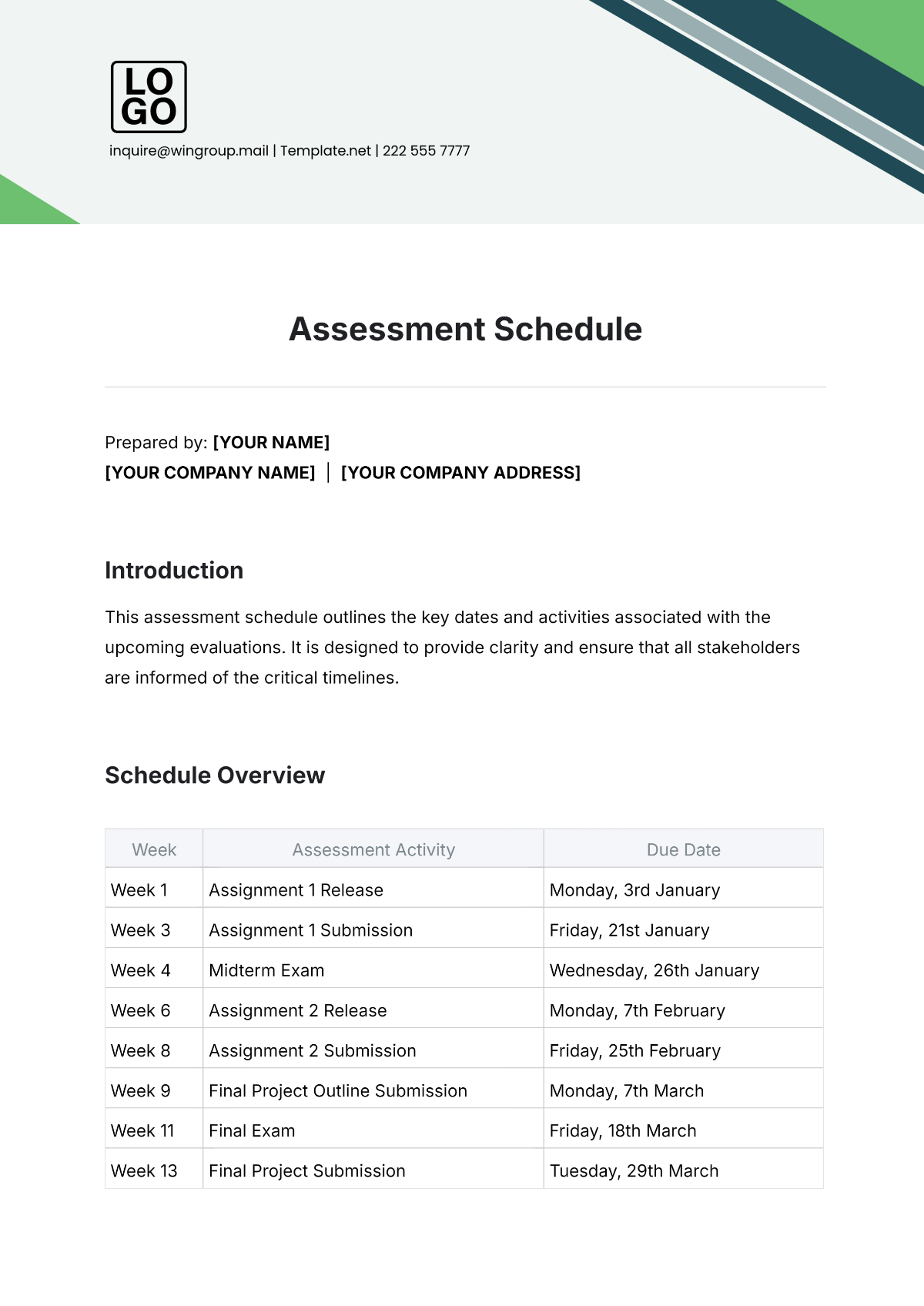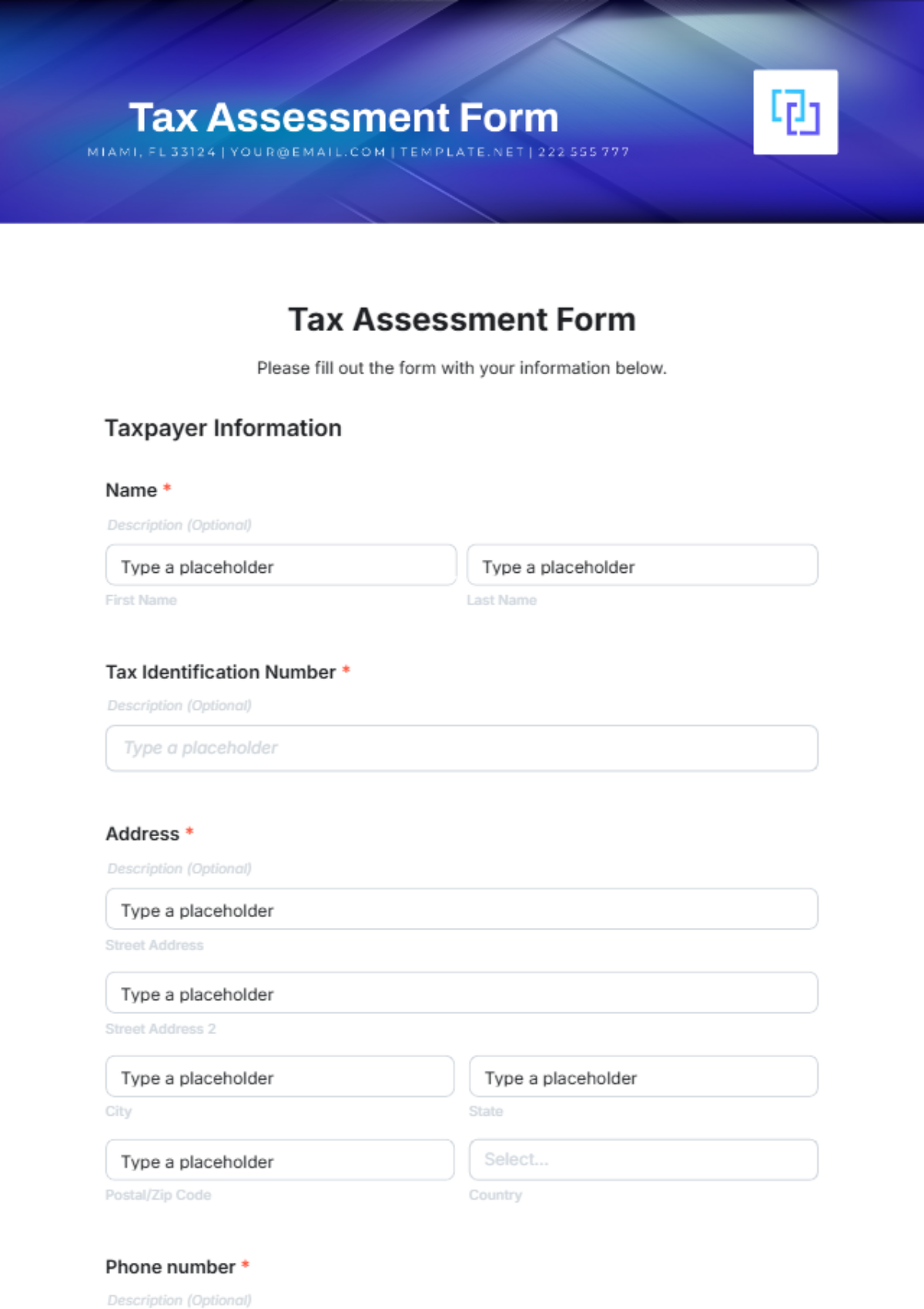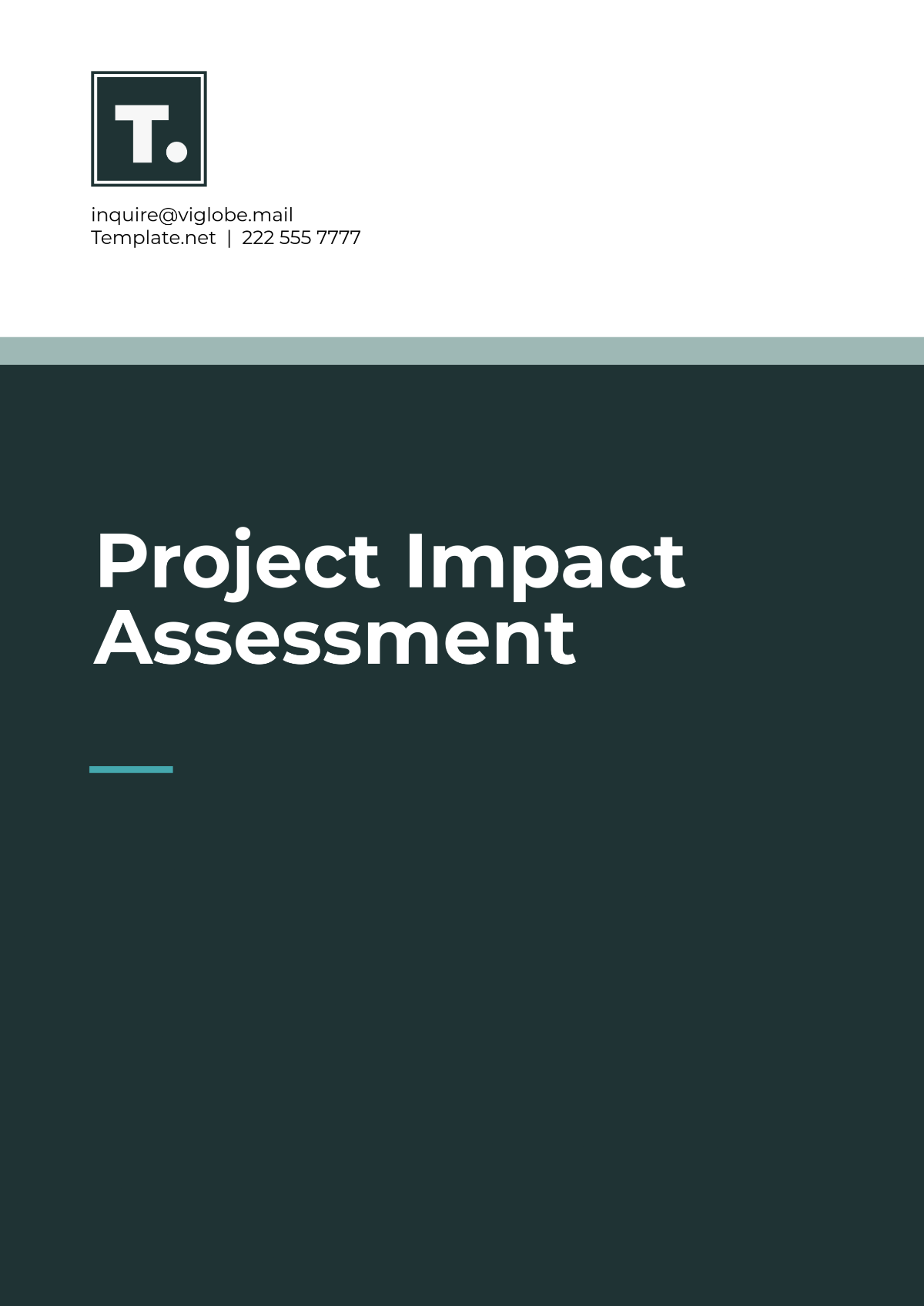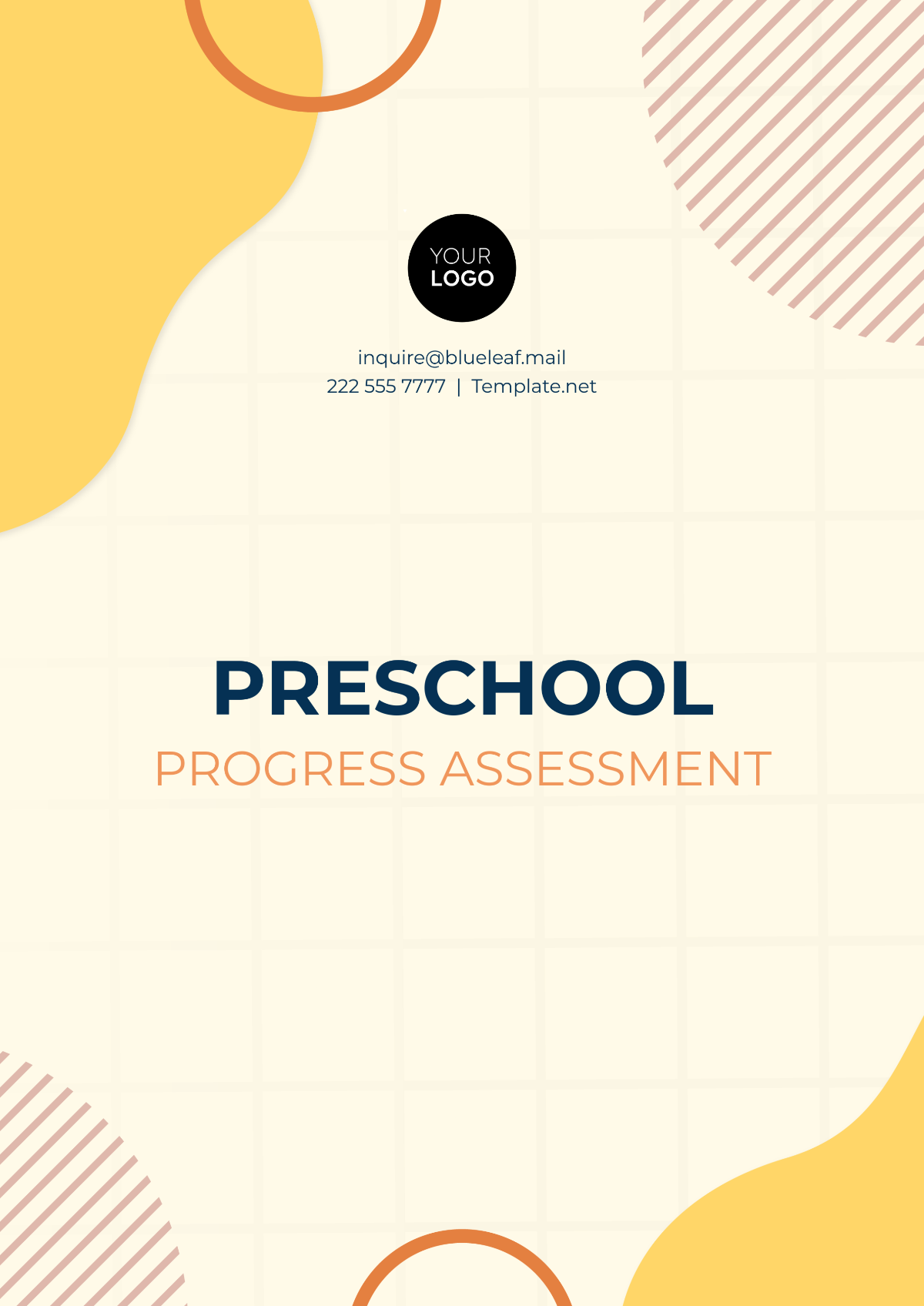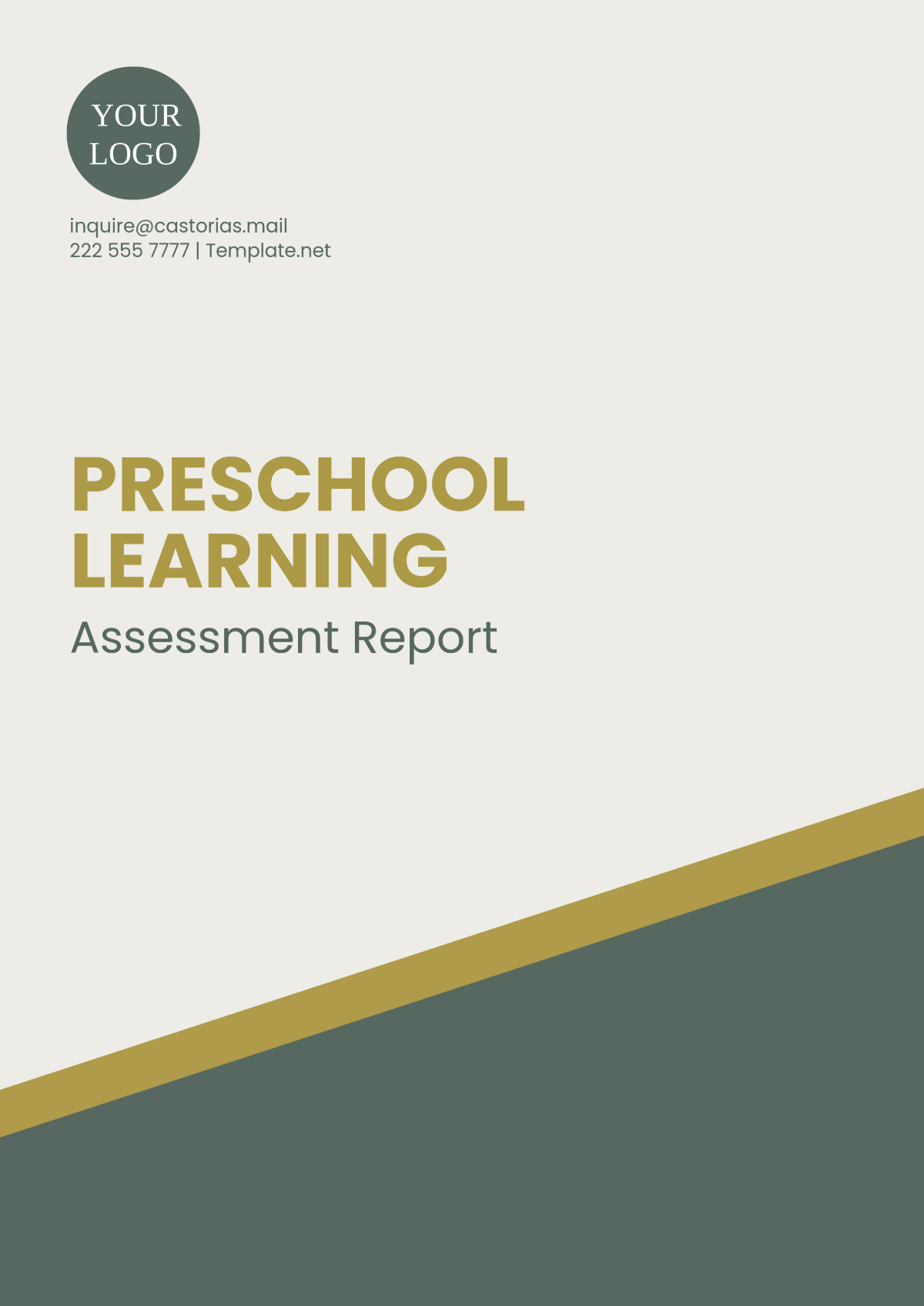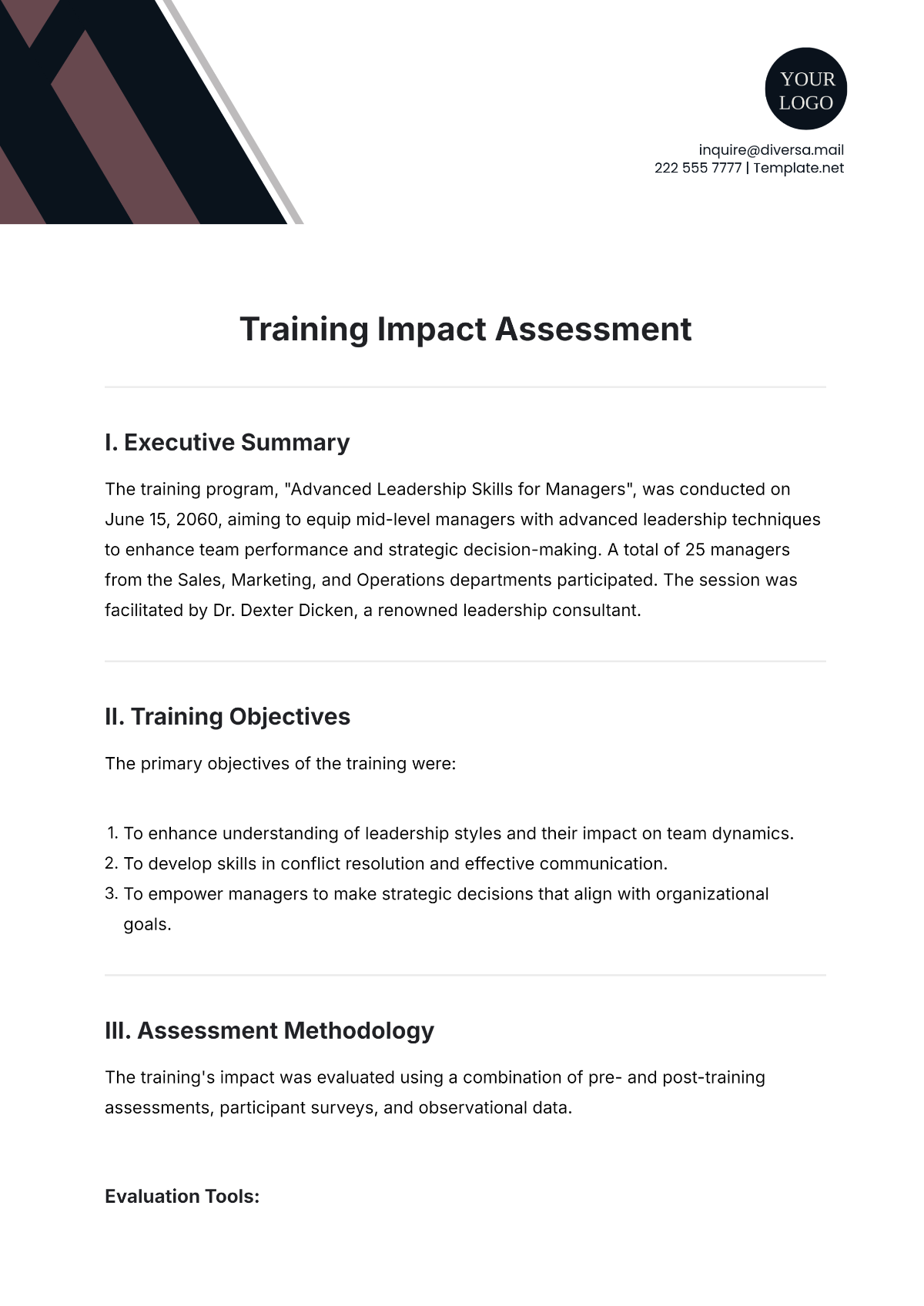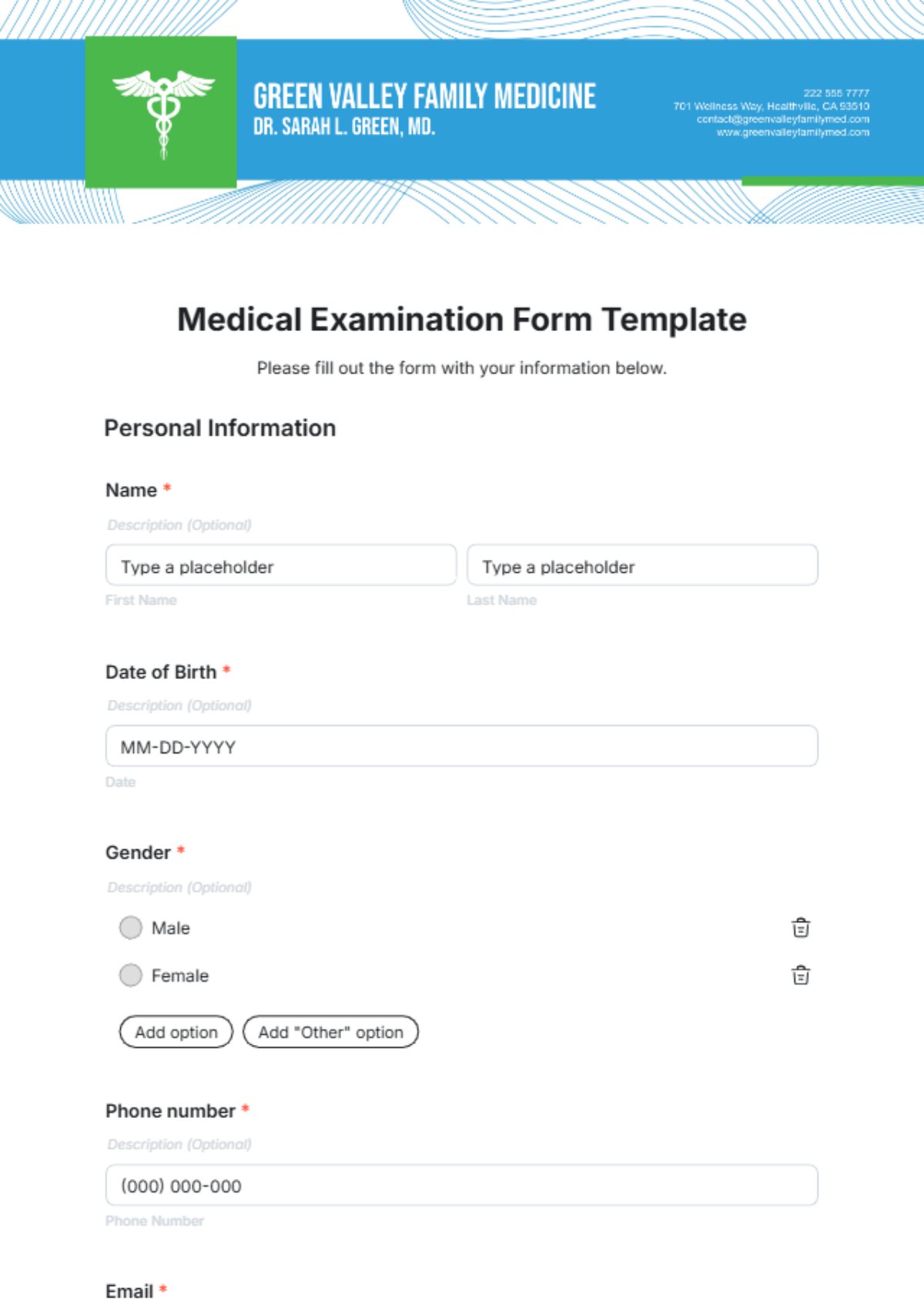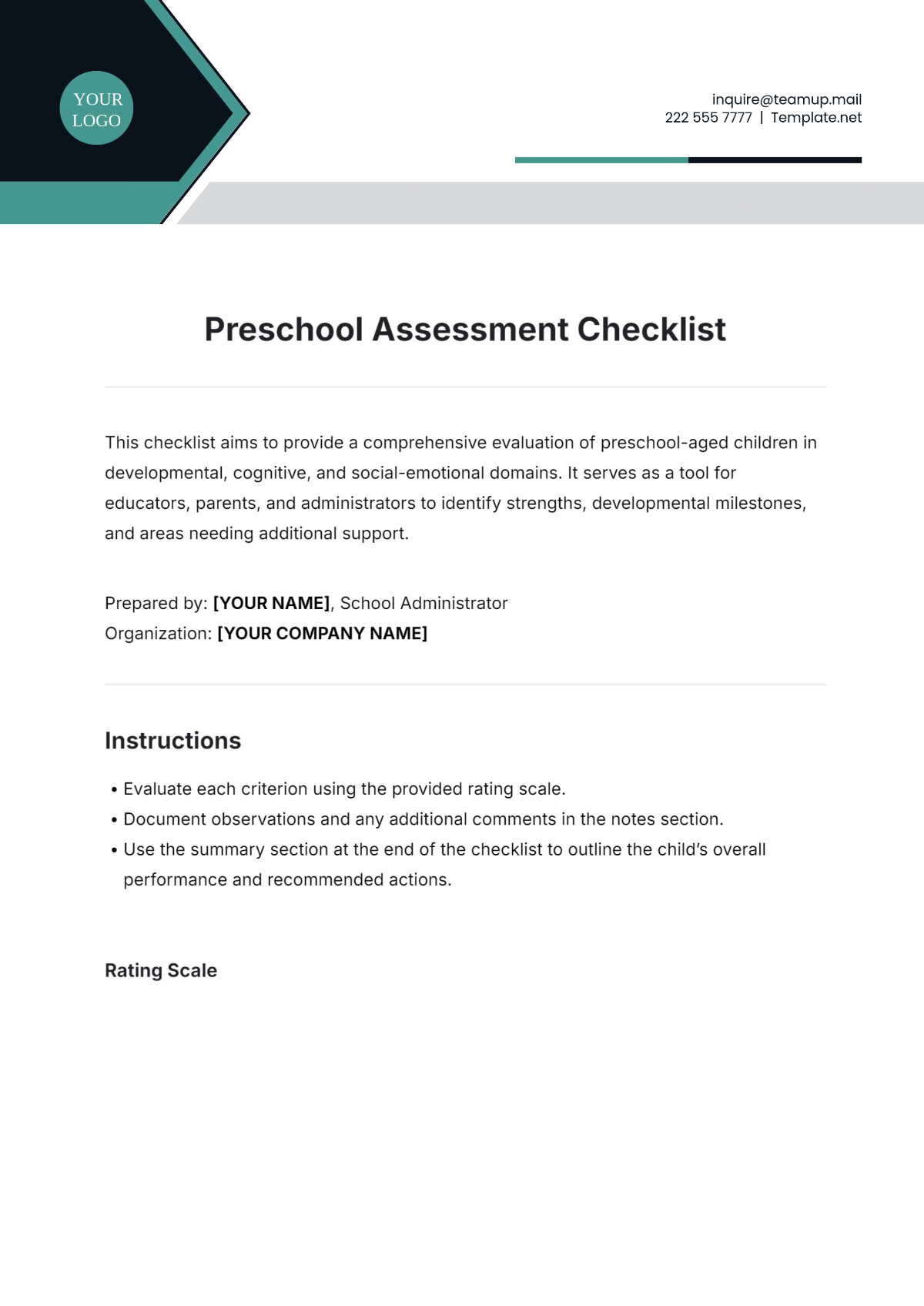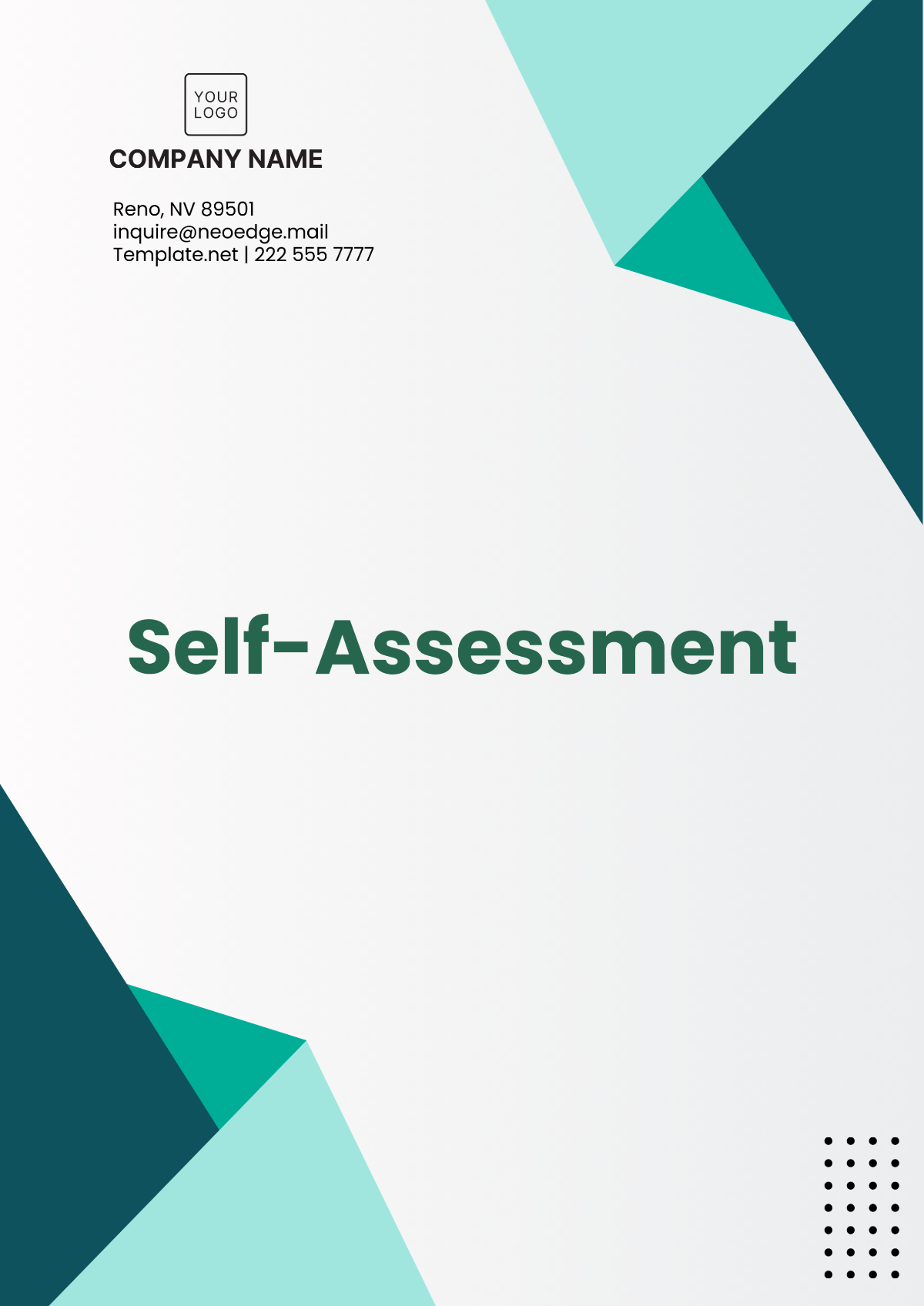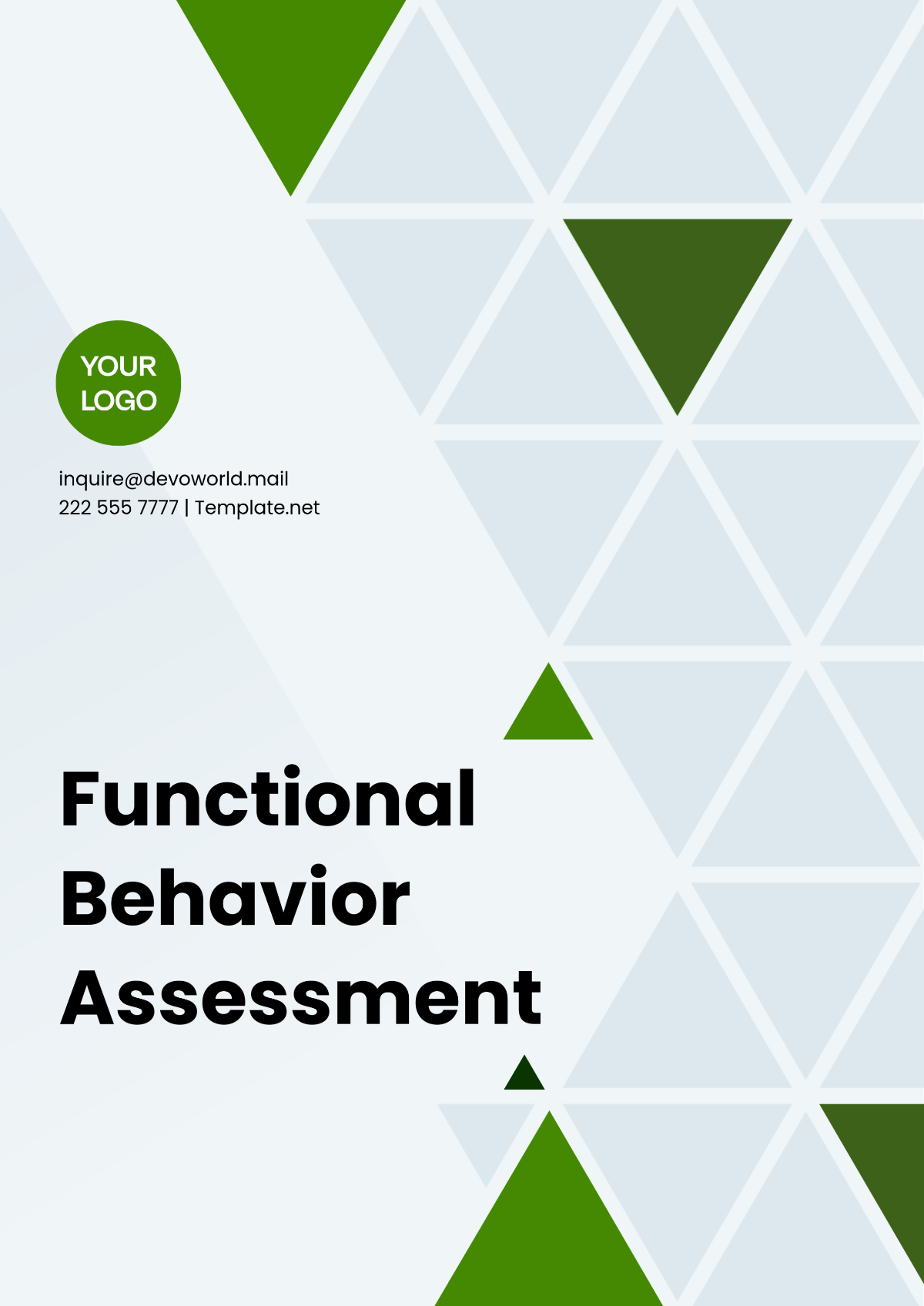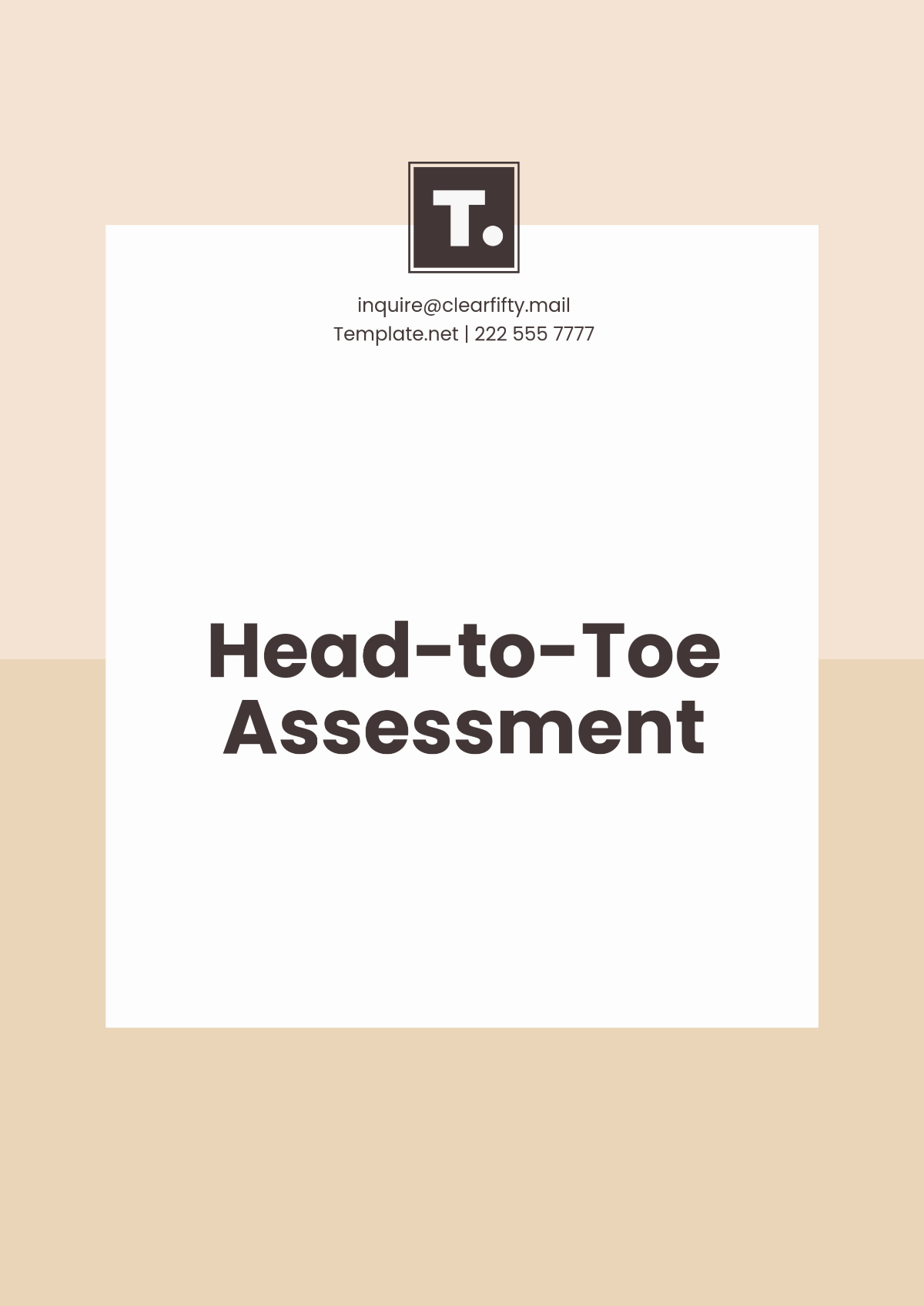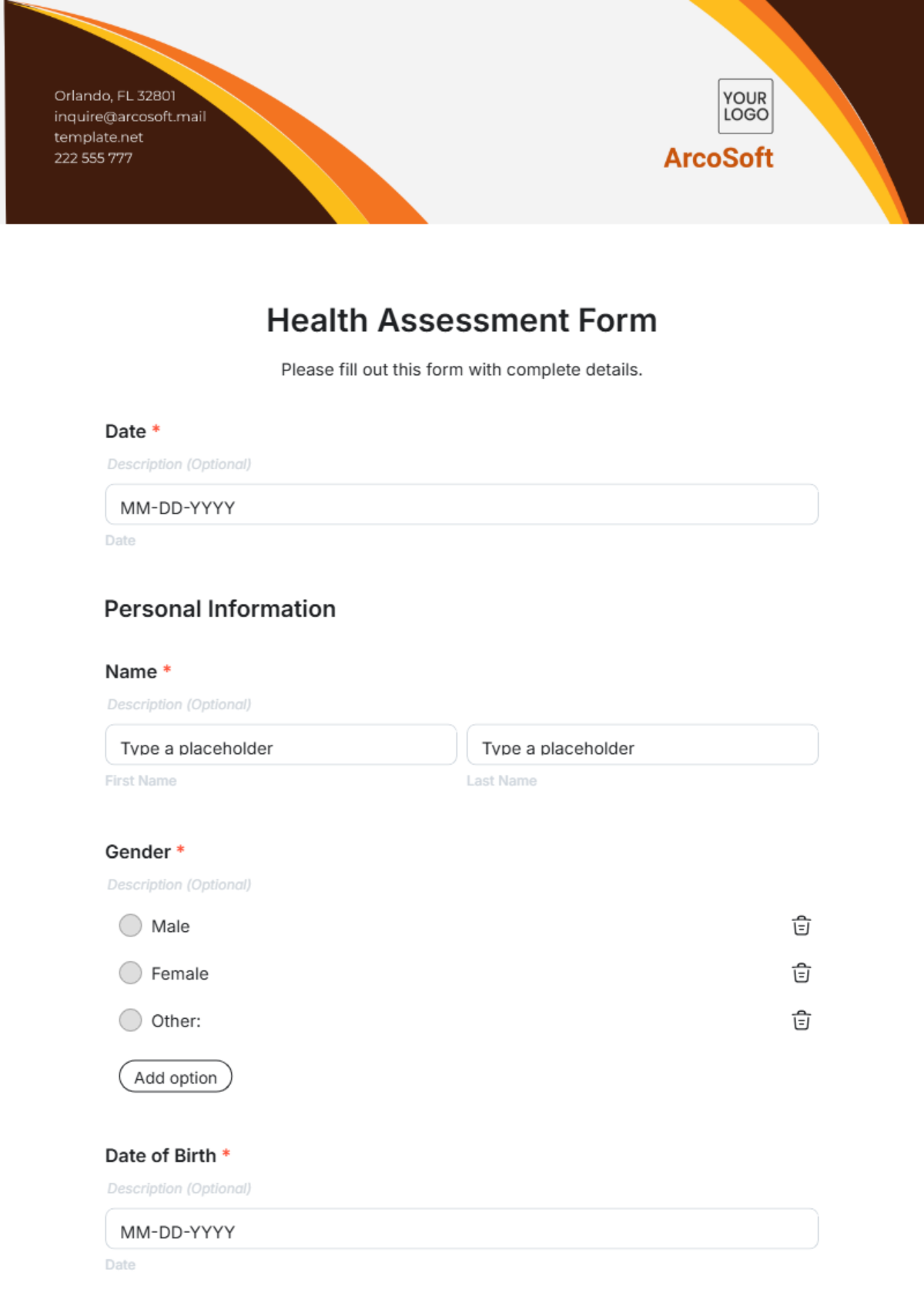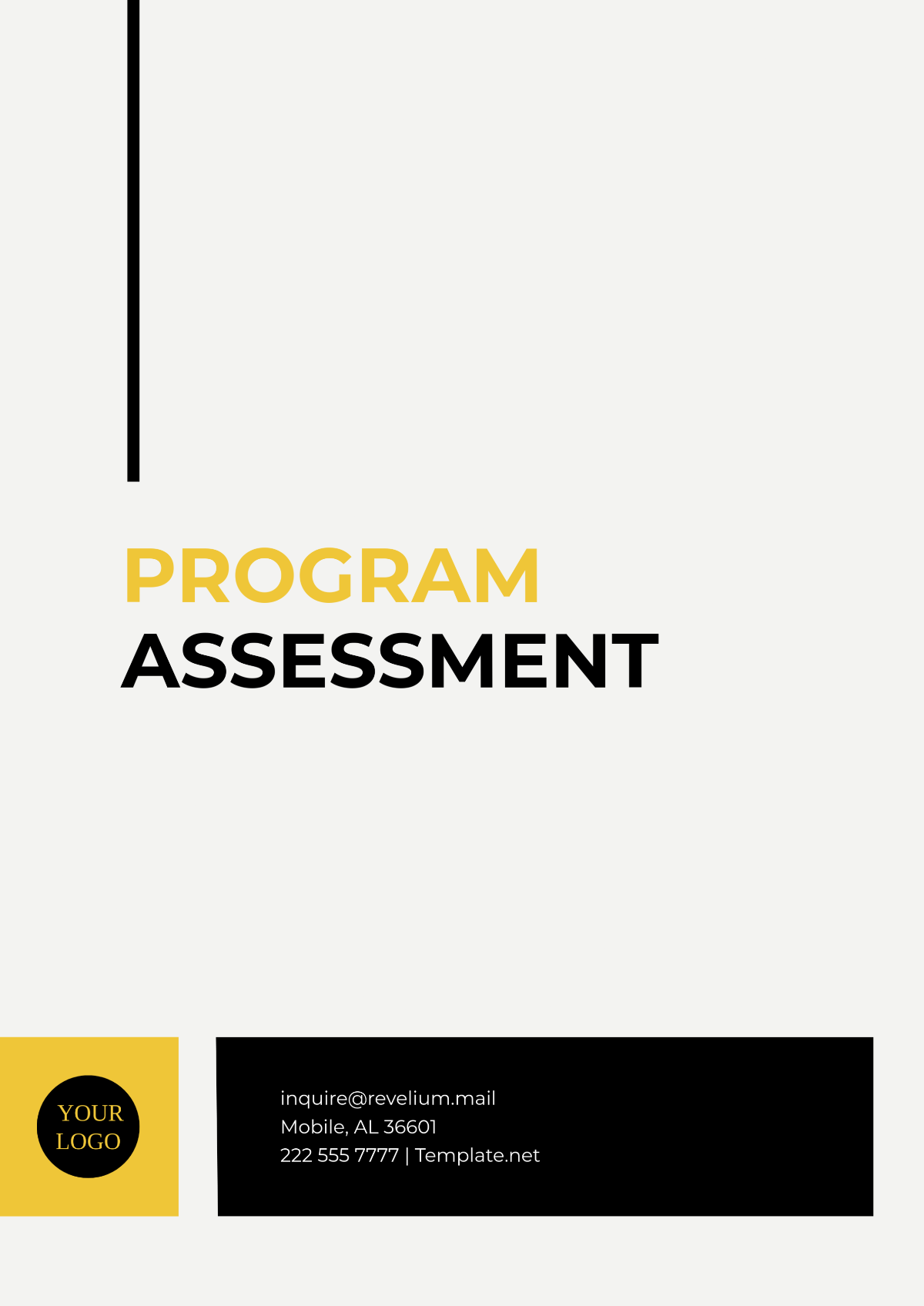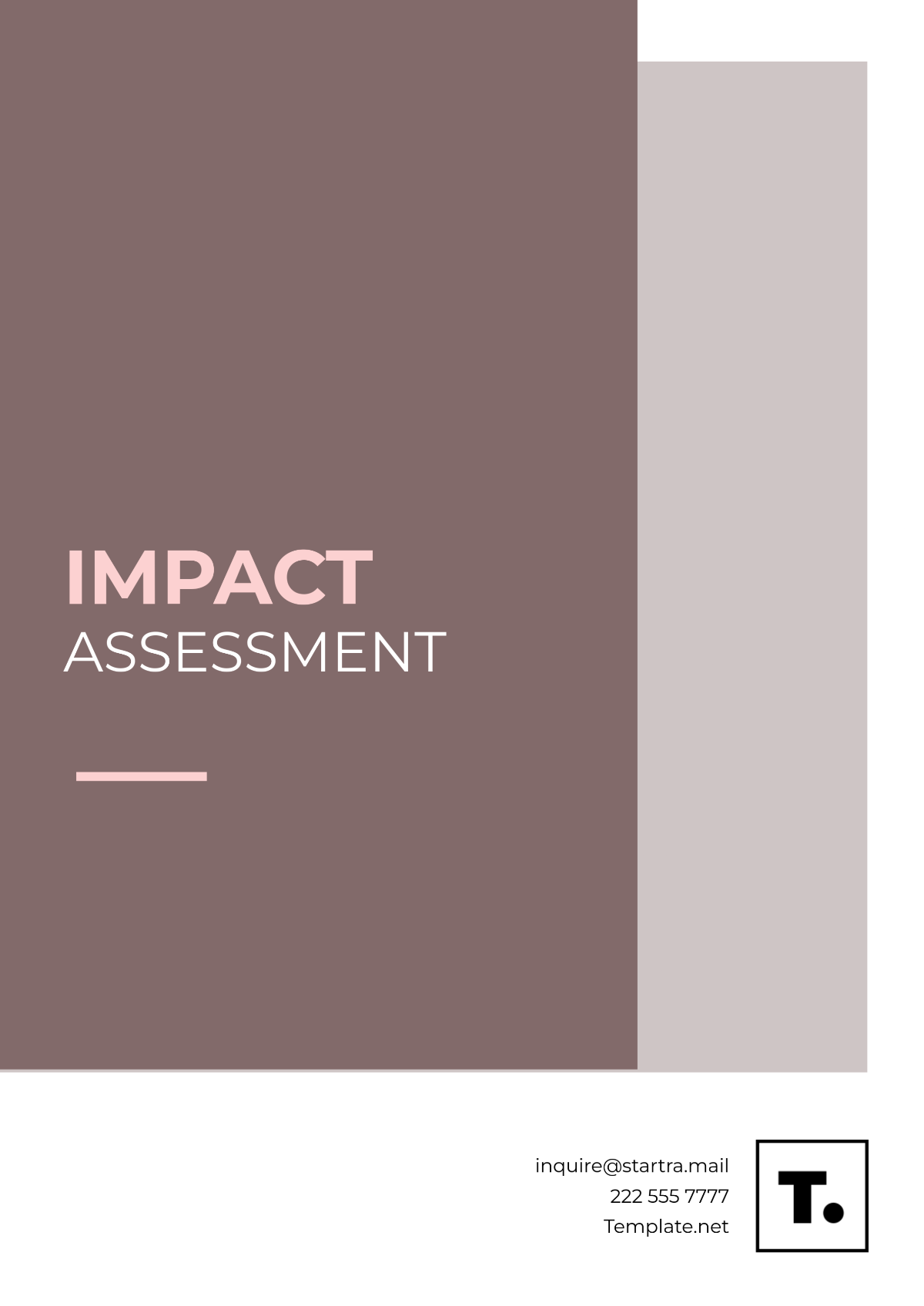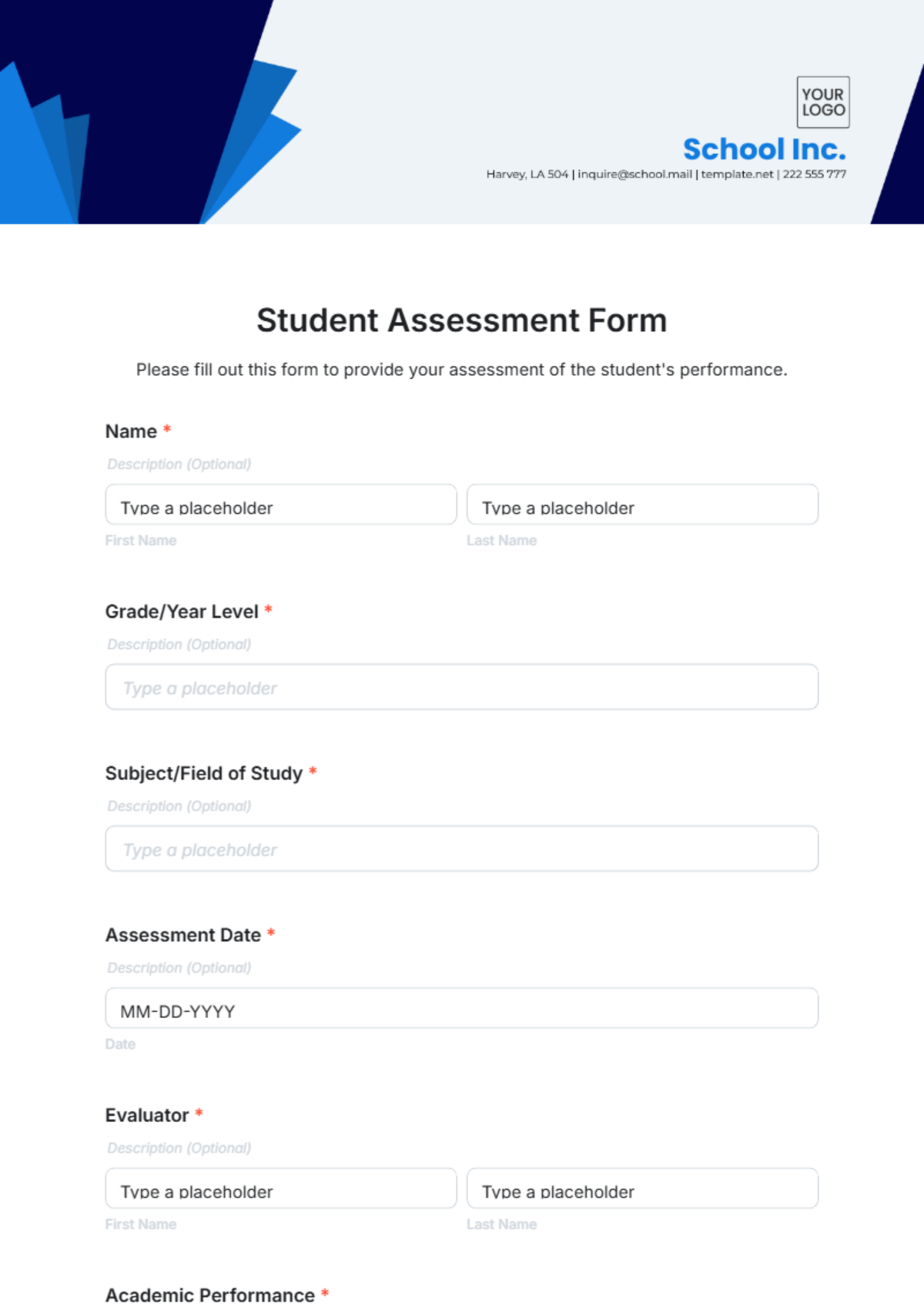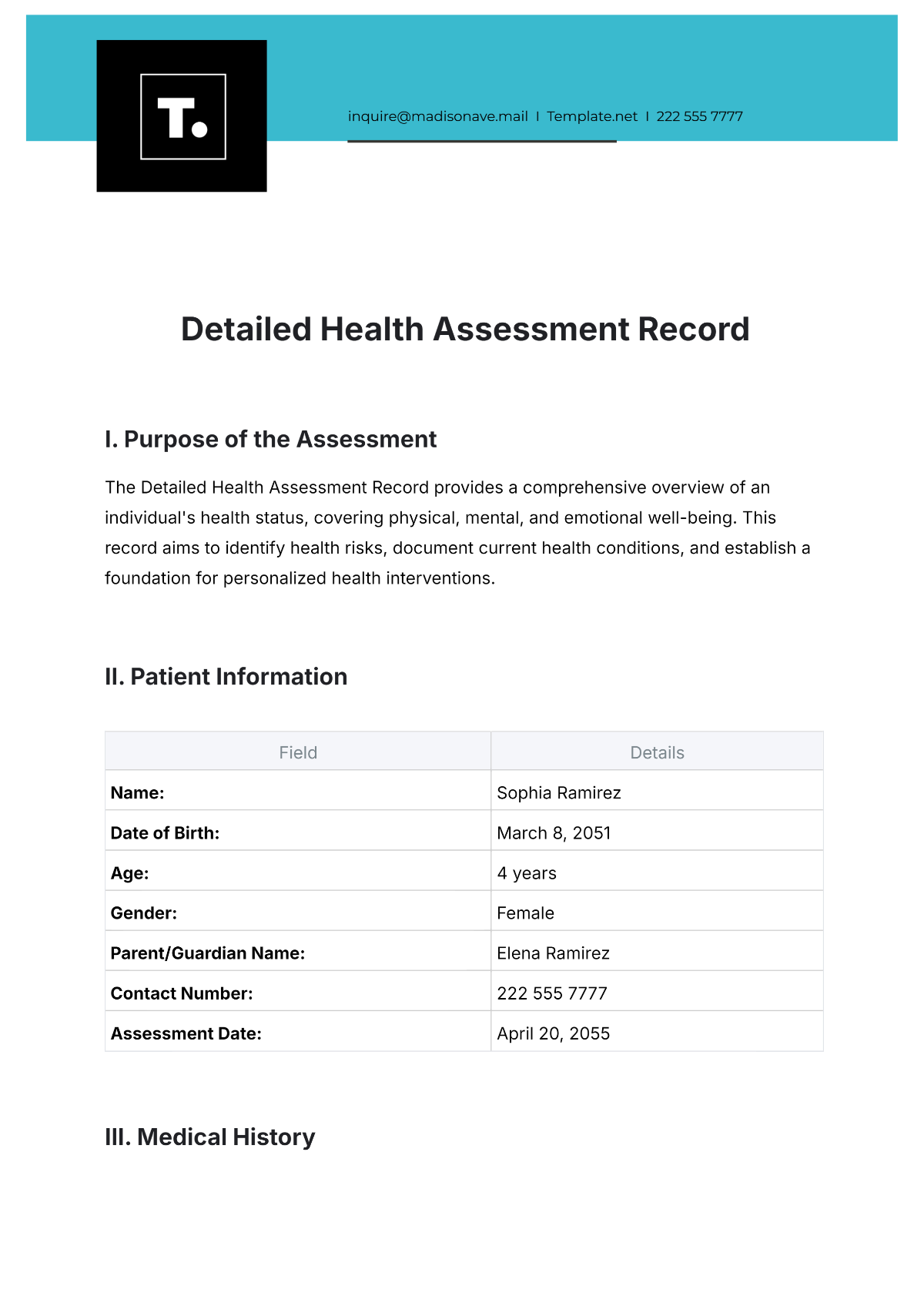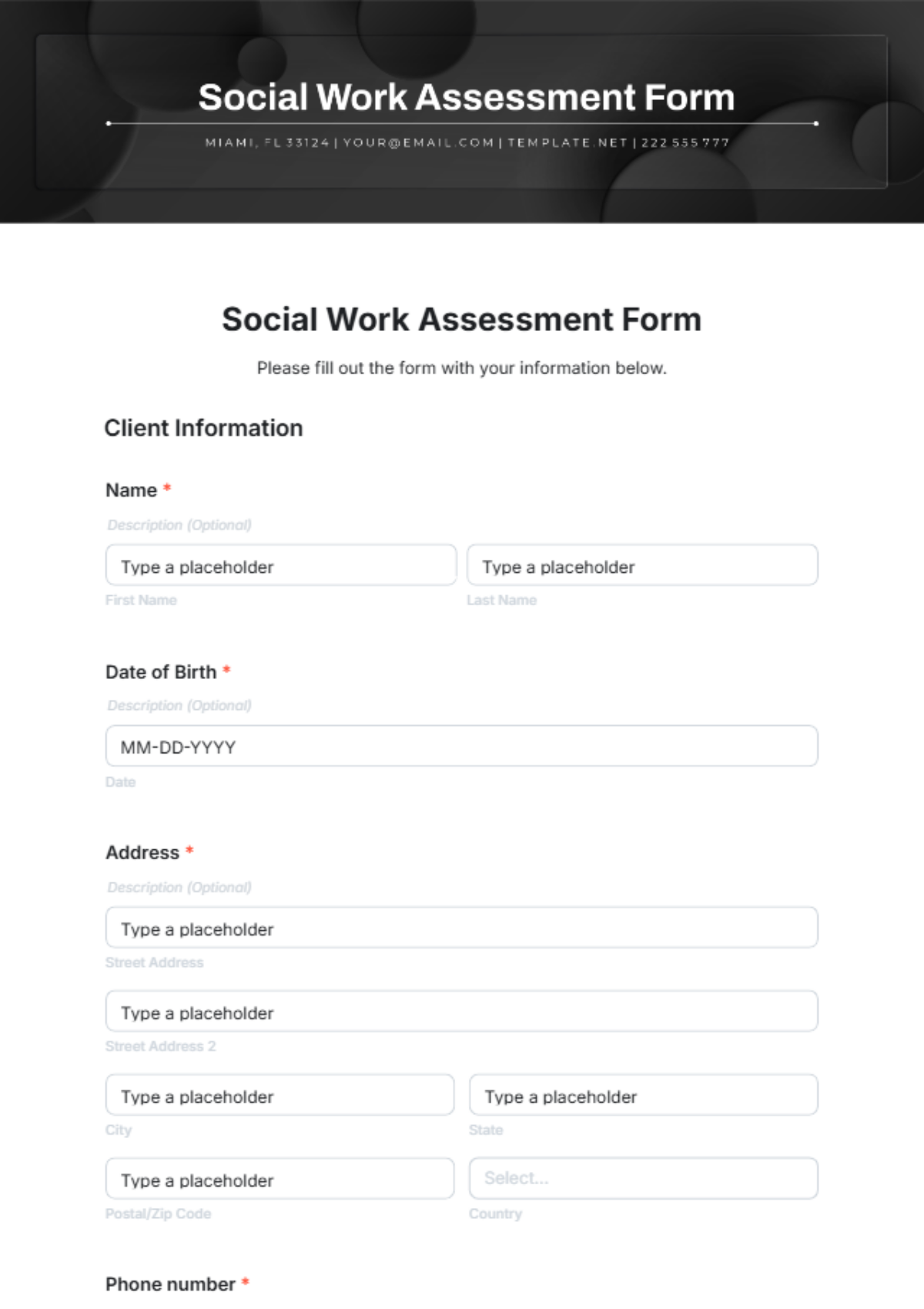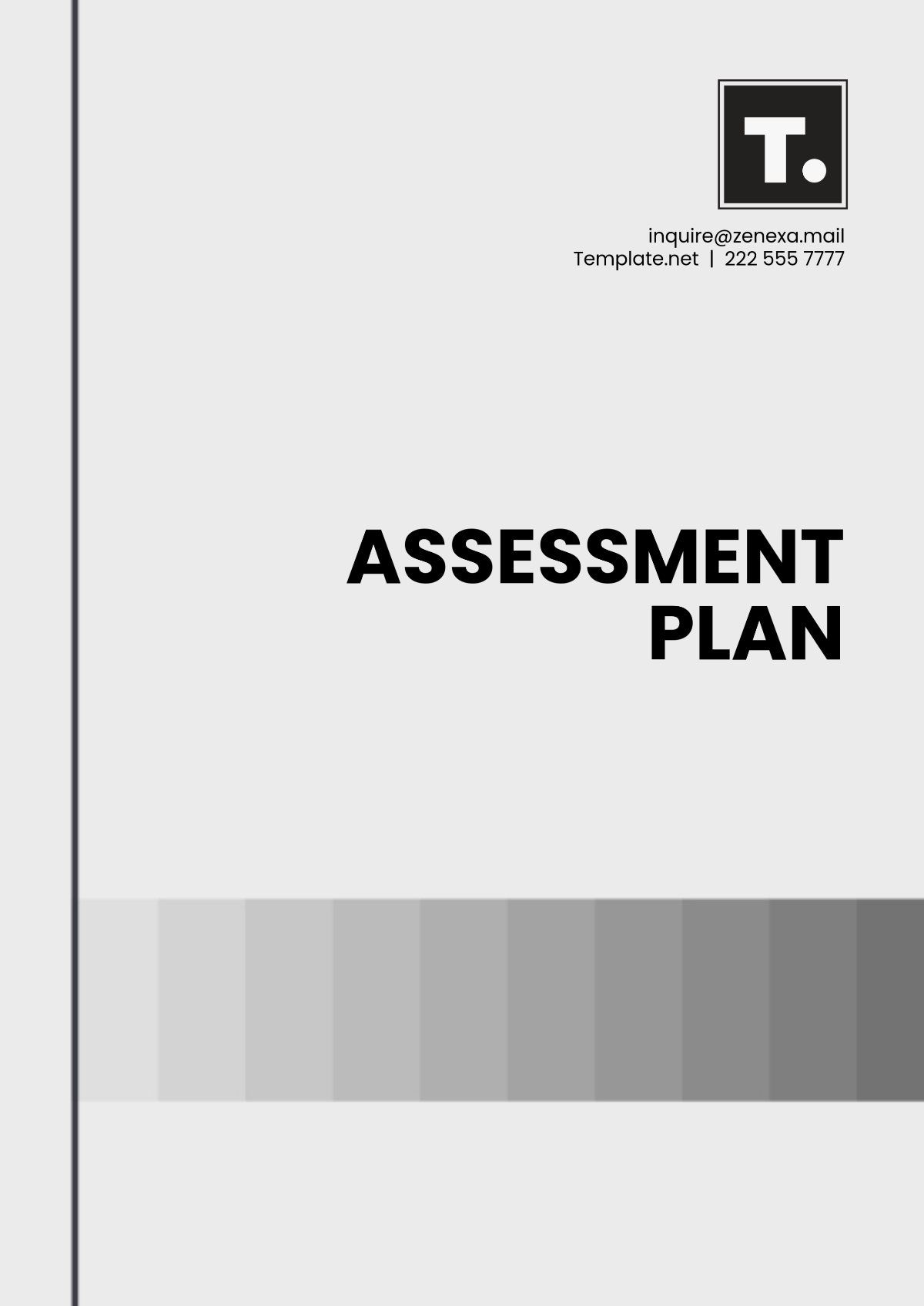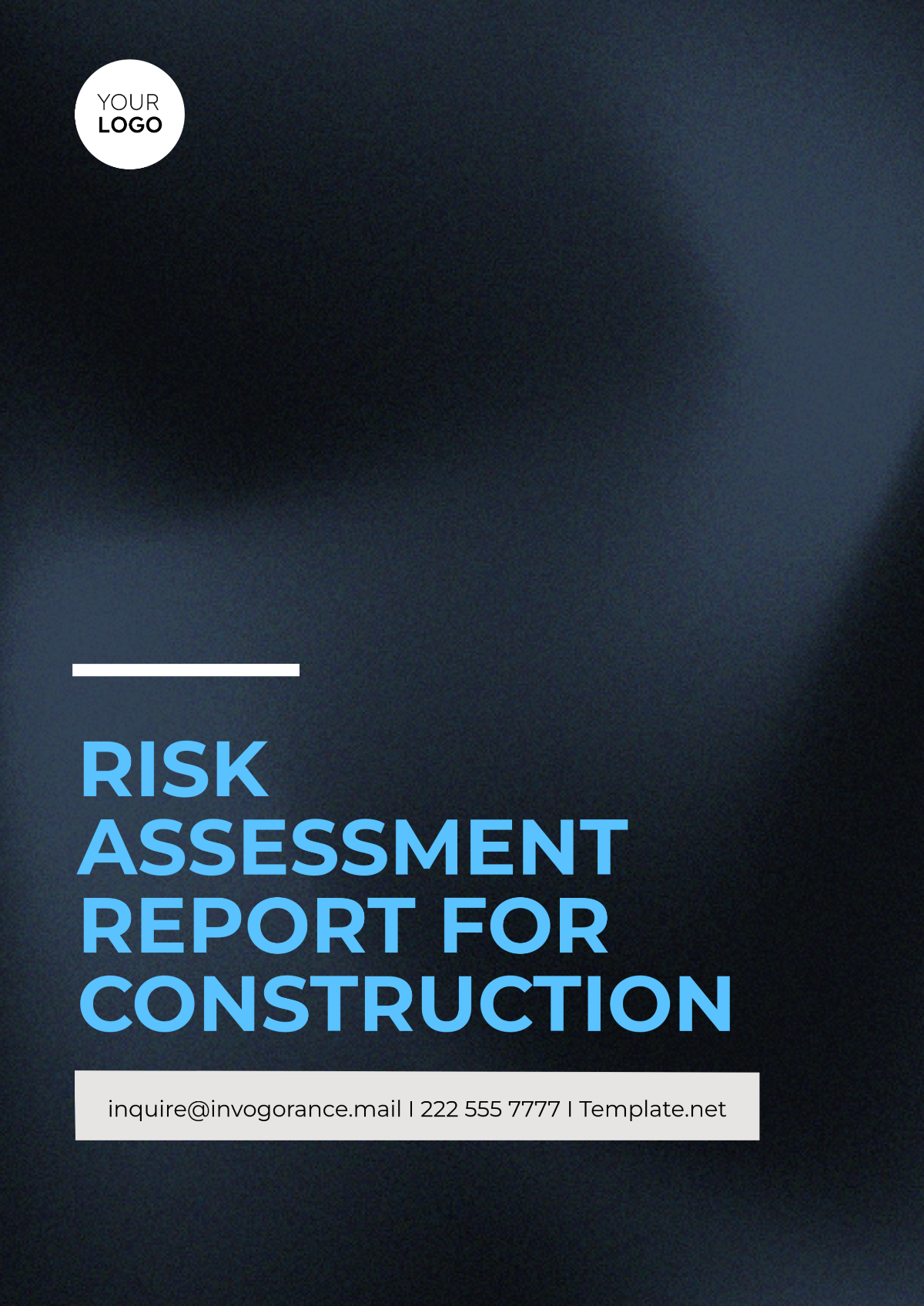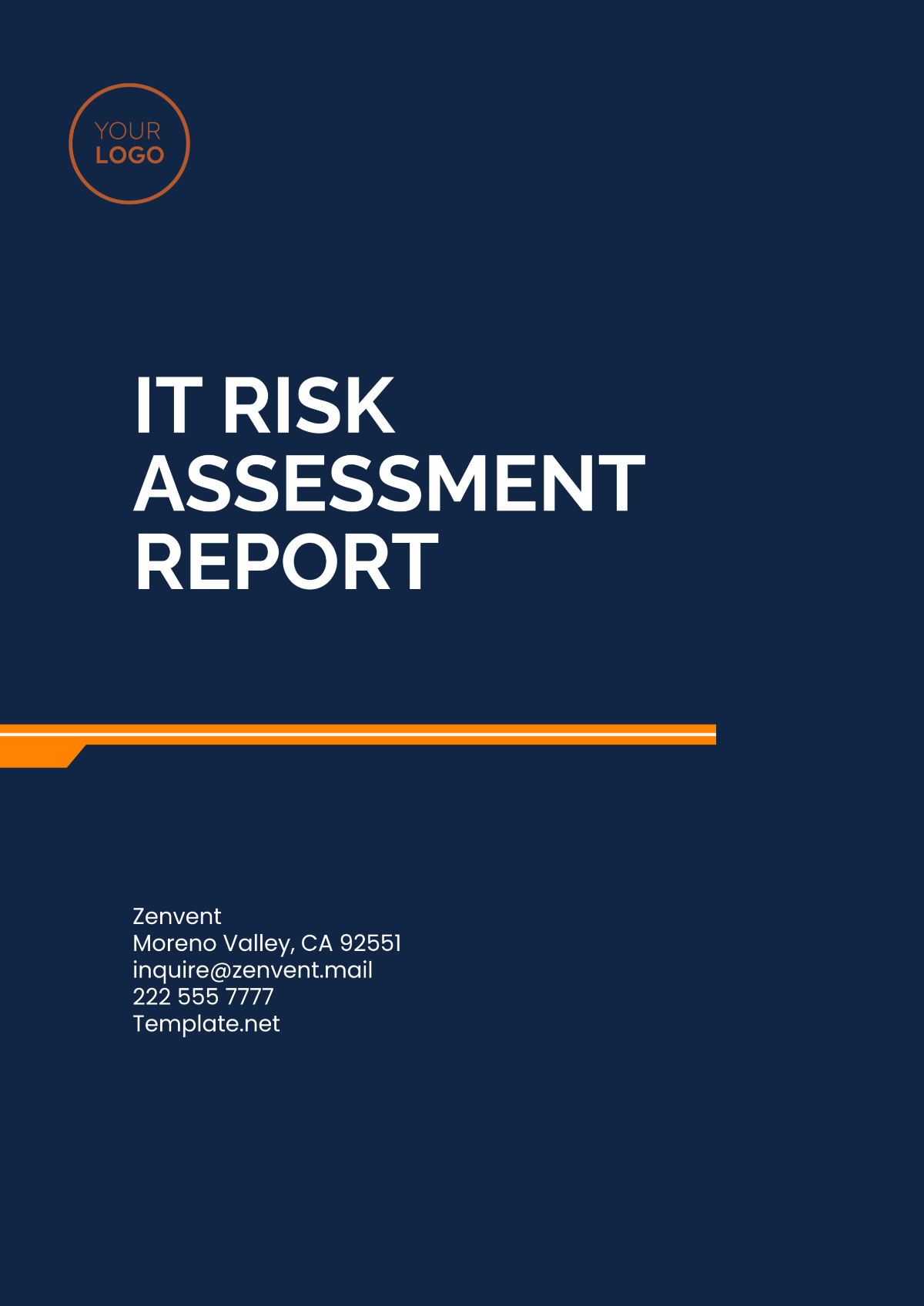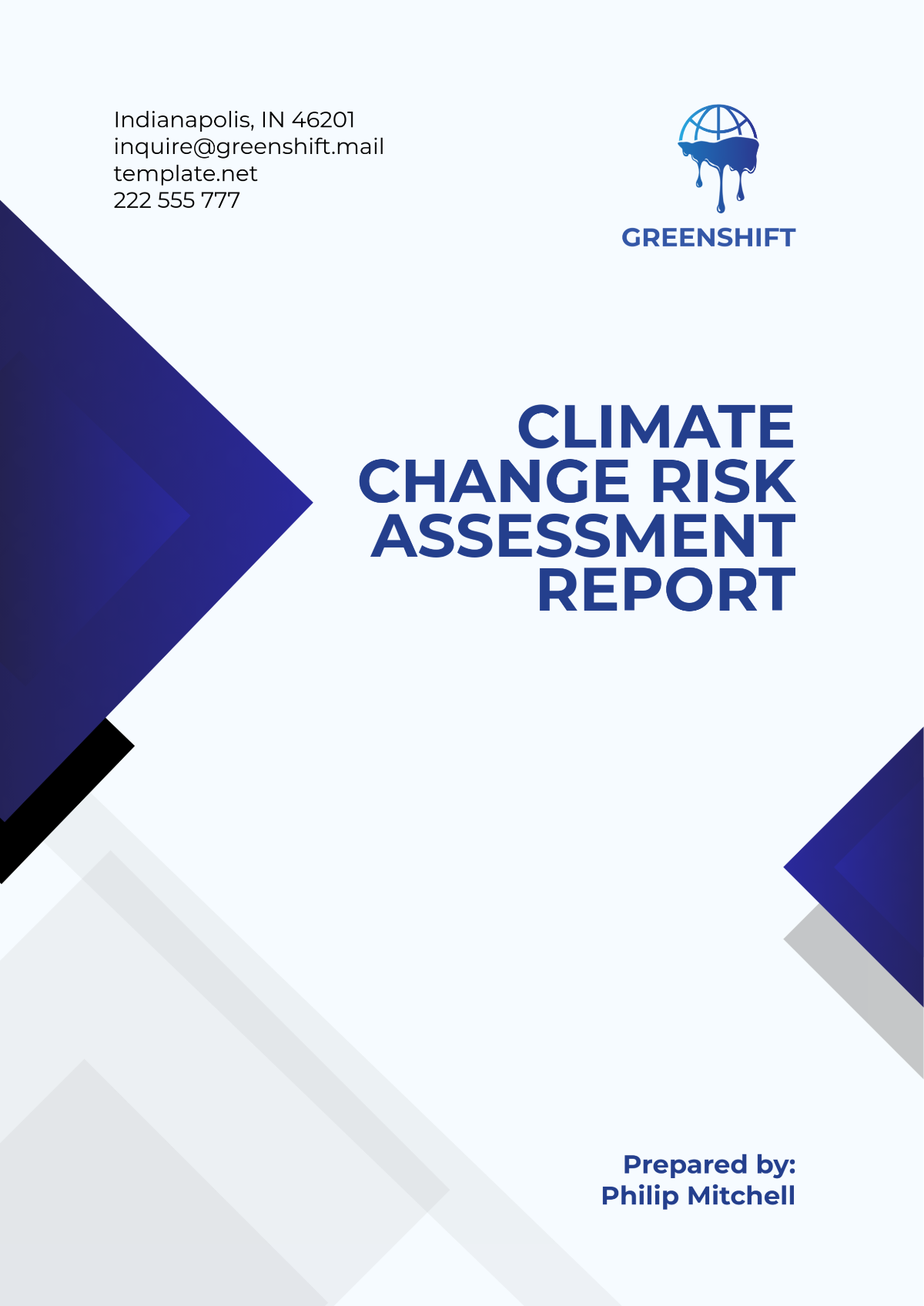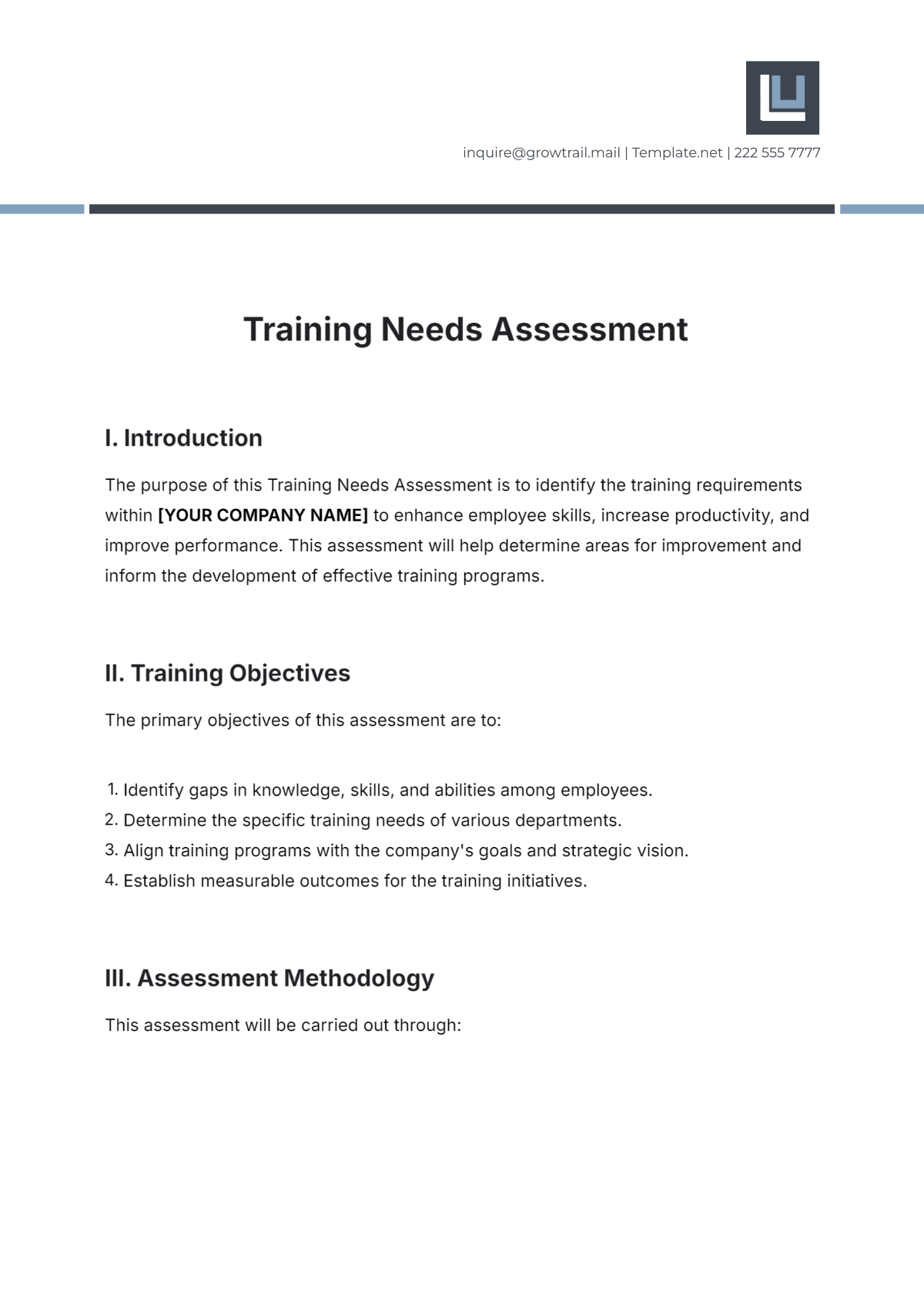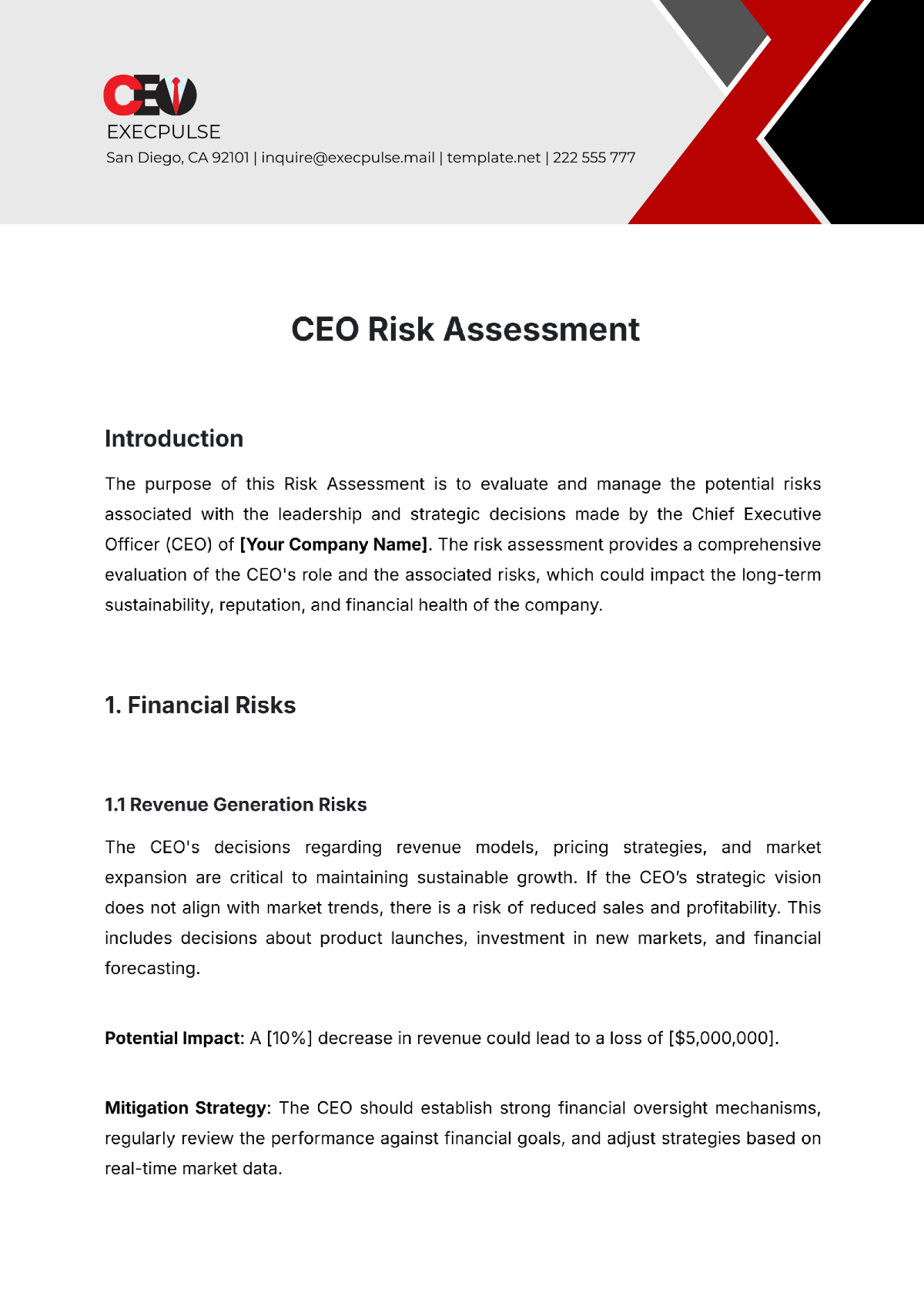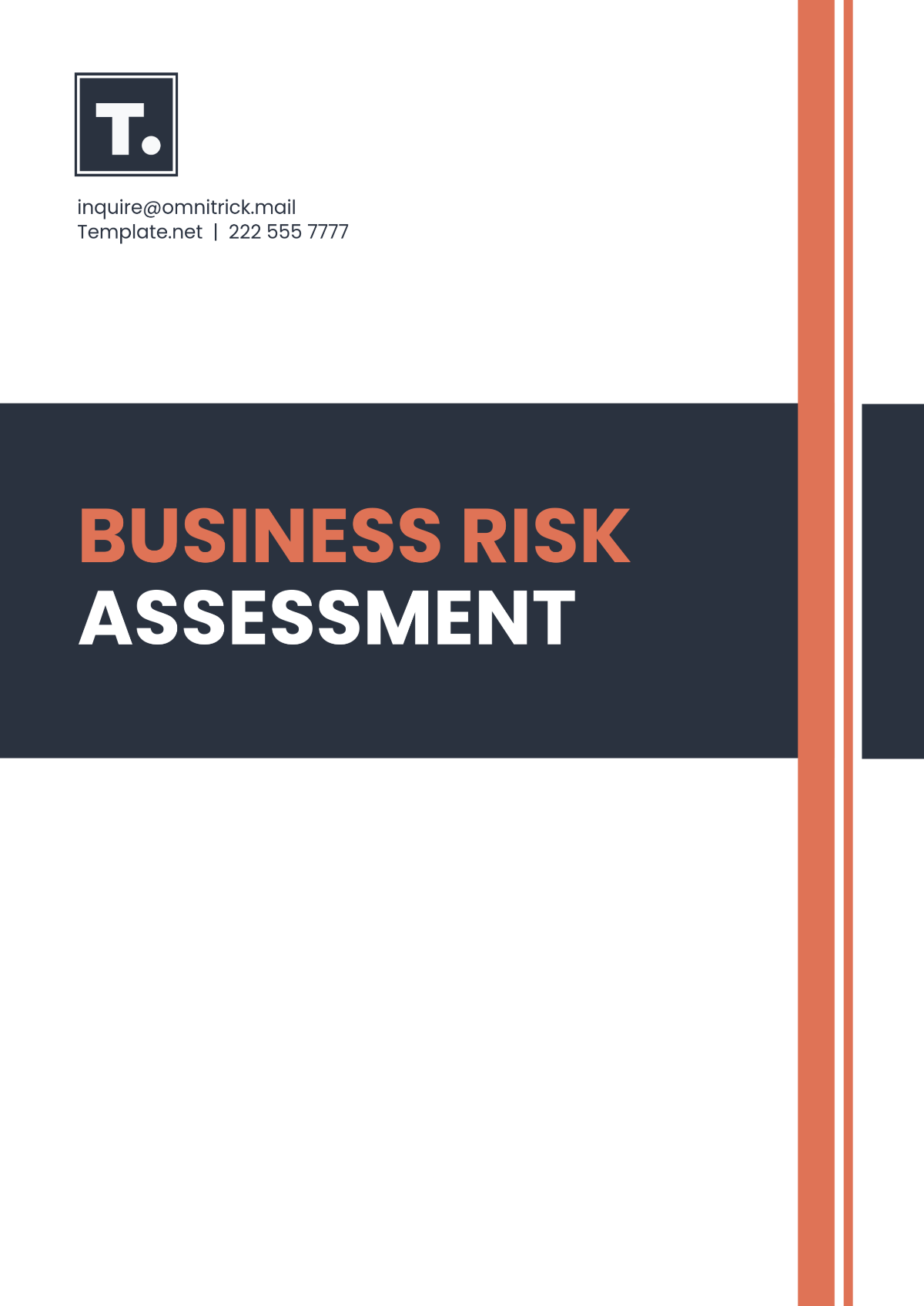Descriptive Observational Study
Principal Investigator: [YOUR NAME]
Affiliation: [YOUR COMPANY NAME]
Date: [SUBMISSION DATE]
Introduction
Descriptive observational studies are a powerful tool for understanding phenomena in their natural environments without interference or manipulation of variables. This study focuses on observing and describing student engagement behaviors in online learning environments, particularly within higher education. With the growing popularity of online courses, understanding how students engage with course materials, instructors, and peers is crucial for improving educational outcomes.
Objectives
The objective of this study is to observe and describe student engagement in various aspects of online learning: participation in discussion forums, time spent on learning platforms, completion of assignments, and interaction with instructors. No interventions or manipulations are made in the learning environment, ensuring that behaviors are observed in their natural form.
Methodology
Study Design
This descriptive observational study follows a non-interventionist approach. A group of undergraduate and graduate students enrolled in an online course were observed over a semester. Observations were recorded through learning management system (LMS) analytics and direct non-intrusive monitoring of course activities.
Participants
Total number of participants: 200 students
Demographics:
Gender: 120 females, 80 males
Age range: 18-35 years
Education level: 150 undergraduates, 50 graduates
Disciplines: Courses spanned a variety of disciplines, including humanities, social sciences, and STEM fields.
Observation Methods
LMS Analytics:
Time spent on the platform
Frequency and timing of logins
Interaction with course materials (videos, readings, quizzes)
Forum participation (number of posts, responses)
Instructor Interaction:
Frequency of communication (emails, office hours attendance)
Frequency of assignment feedback review
Completion Rates:
Timely submission of assignments and quizzes
Drop-out rates and missed deadlines
Data was collected automatically by the LMS and through a series of logs for non-LMS activities such as email interactions with instructors.
Results
Engagement Metrics
1. Time Spent on the LMS Platform
The average time students spent on the platform per week varied across education levels and disciplines.
Education Level | Time Spent (Hours per Week) |
|---|---|
Undergraduates | 6.5 |
Graduates | 8.2 |
Undergraduates: 60% of undergraduates logged in daily, but spent shorter sessions (15-30 minutes).
Graduates: 75% logged in daily, with longer sessions (30-45 minutes).
2. Frequency of Forum Participation
Participation in online forums was a key indicator of engagement. Table 2 shows the breakdown of active vs. passive participation.
Engagement Type | Undergraduates (%) | Graduates (%) |
|---|---|---|
Active (posting questions/responses) | 40% | 60% |
Passive (reading posts) | 85% | 90% |
While most students read the posts, fewer actively engaged by contributing to discussions, especially among undergraduates.
3. Assignment Completion Rates
Both undergraduate and graduate students showed high completion rates for mandatory assignments, although late submissions were more frequent in undergraduates.
Assignment Type | Undergraduates (%) | Graduates (%) |
|---|---|---|
Timely Submissions | 75% | 90% |
Late Submissions | 20% | 7% |
Missed Deadlines | 5% | 3% |
Discussion
Time Spent on Platform
The difference in the amount of time spent on the LMS suggests that graduate students tend to be more committed to spending longer periods of study compared to undergraduates. Graduate students' extended sessions indicate a deeper interaction with course materials, possibly due to the complexity and depth of their courses.
Forum Participation
While both groups showed high passive participation in forums, there is a noticeable gap between passive and active participation. The findings suggest that students might be engaging with the content without feeling the need to contribute actively, especially undergraduates. This trend raises questions about the effectiveness of forums in fostering deep learning and whether participation should be incentivized.
Assignment Completion
Both groups demonstrated a high level of commitment to completing assignments, with graduate students performing better in timely submissions. The 5% of undergraduates who missed deadlines could be influenced by factors such as time management skills, motivation, or external pressures. Further research might explore the reasons for these missed deadlines and how they can be addressed.
Conclusion
This study provides a comprehensive overview of student engagement in online learning environments. Key findings suggest that while students spend a significant amount of time on course platforms, there is a gap between passive engagement (e.g., reading forums) and active engagement (e.g., posting in forums). Moreover, graduate students are more likely to spend longer hours and submit assignments on time compared to undergraduates.
Recommendations for Future Research
Incentivizing Active Participation: Future research could explore how incentives, such as grading forum contributions, influence active participation.
Improving Time Management Support: Providing time management resources may benefit undergraduate students struggling with deadlines.
Impact of Instructor Interaction: Investigating the role of personalized instructor feedback in enhancing student engagement might offer insights into improving online education outcomes.
References
Anderson, T. (2050). The Theory and Practice of Online Learning. Athabasca University Press.
Bernard, R. M., Abrami, P. C., Borokhovski, E., et al. (2051). A Meta-Analysis of Three Types of Interaction Treatments in Distance Education. Review of Educational Research, 79(3), 1243-1289.
Garrison, D. R., Anderson, T., & Archer, W. (2052). Critical Thinking, Cognitive Presence, and Computer Conferencing in Distance Education. The American Journal of Distance Education, 15(1), 7-23.
